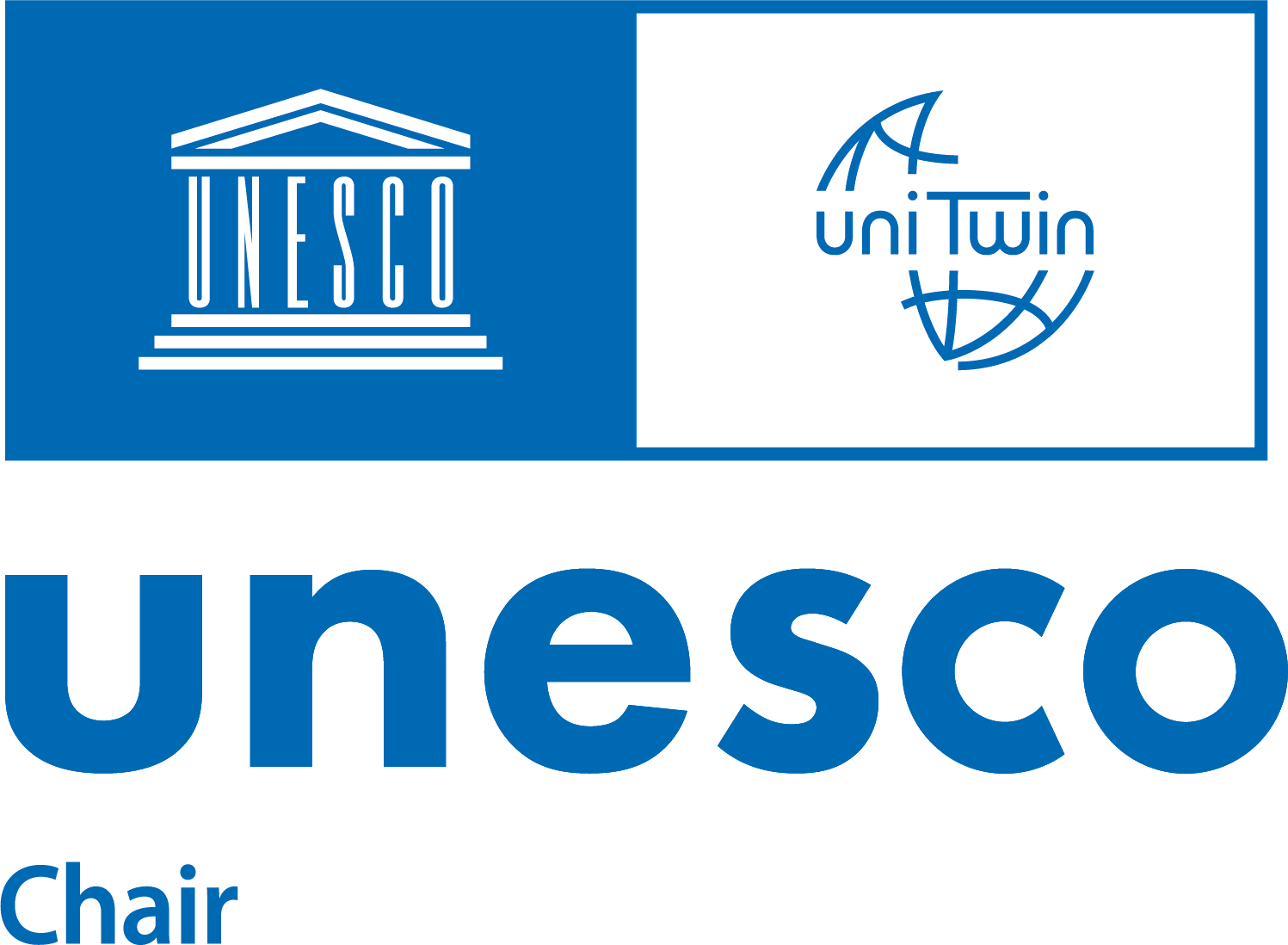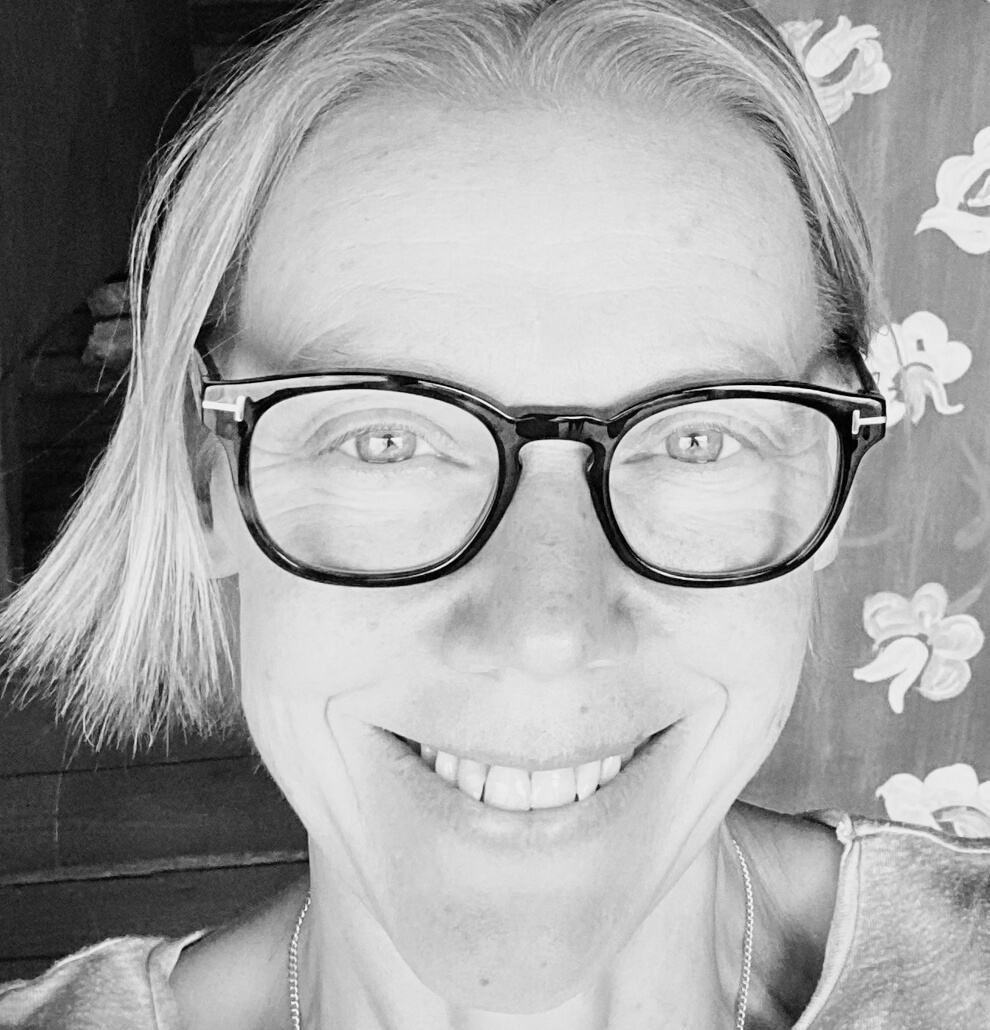
Caroline Bassett’s research explores digital technologies and cultural change, with a focus on gender and technology, critical theories of the technological, and speculative fiction and utopian futures. Recent books include Furious and Anti-Computing. Current research projects investigate AI and the automation of writing and ask how we may re-think creativity. She is Director of Cambridge Digital Humanities.
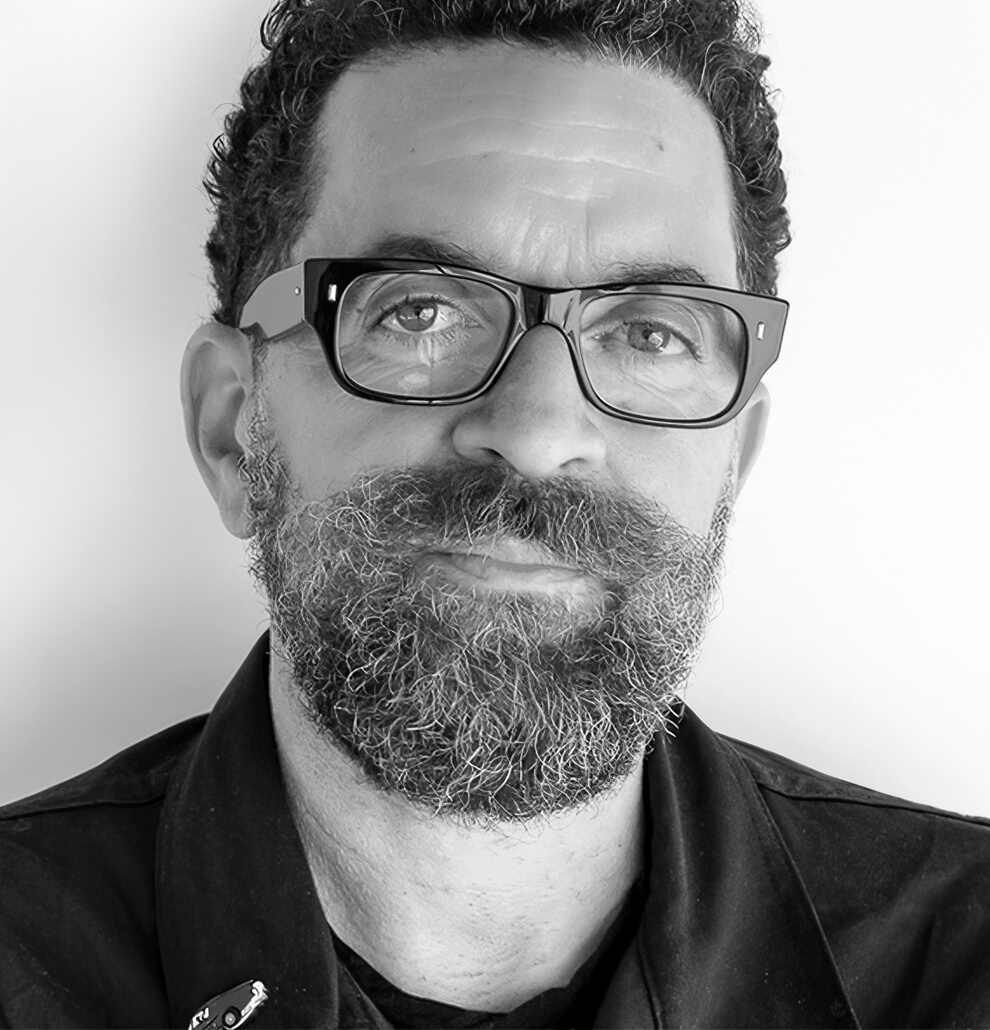
JULIAN BLEECKER is a leading researcher, designer, and entrepreneur in the fields of technology and innovation. He founded Near Future Laboratory and OMATA, and is the originator of the concept of Design Fiction. Bleecker has published extensively on design, technology, and the future, and his book "The Manual of Design Fiction" is widely recognized as a pioneering work on the subject. His work has been recognized with numerous awards and accolades, and he is known for his innovative and forward‐thinking approach to shaping the future through design.
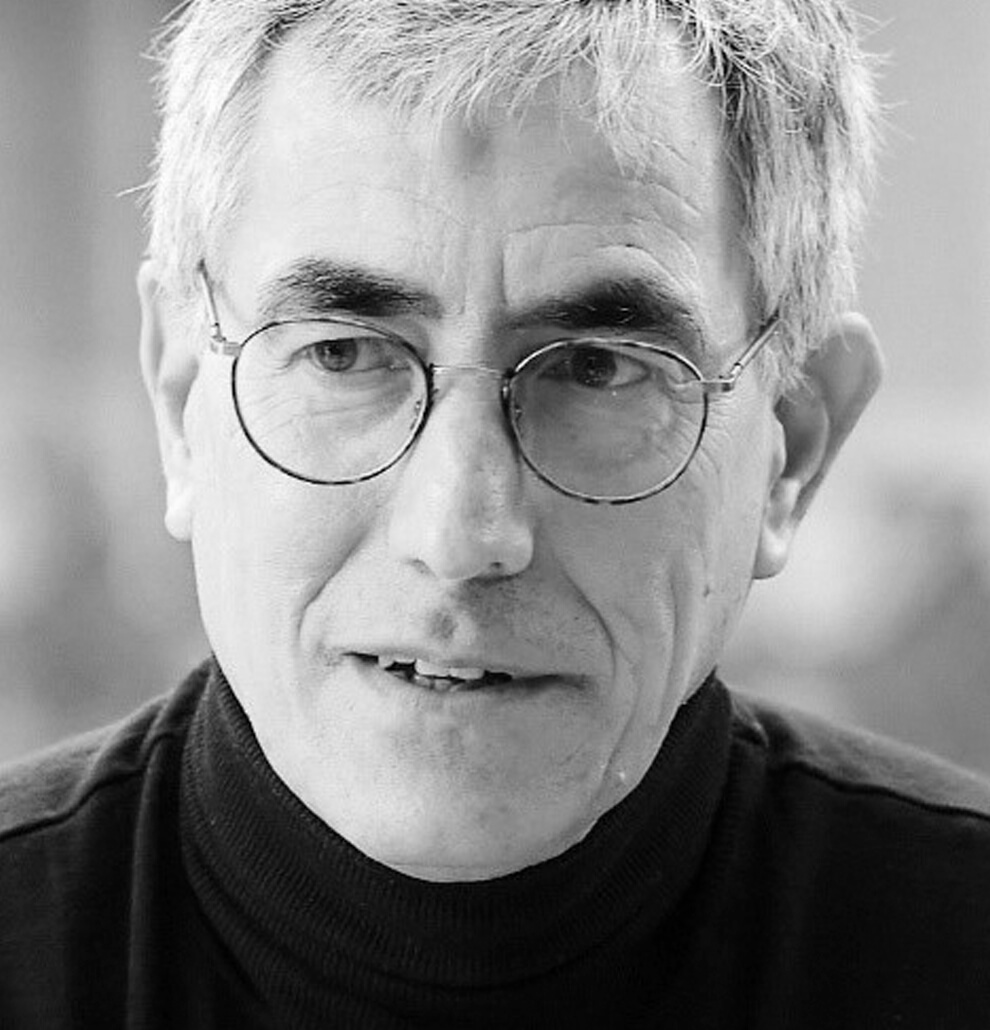
Laurent’s foresight work brings future-oriented systemic thinking into EU policymaking using participative approaches with all relevant stakeholders. This inclusiveness is essential to build the best collective intelligence for effective policymaking. Laurent spent most of his career working at the science/policy interface. Beyond sustainable development, his portfolios have focused on health and environmental risk assessment topics. This led him to gain hands on experience on how to use various types of scientific evidence in policy and on the reality of engaging with diverse stakeholders.
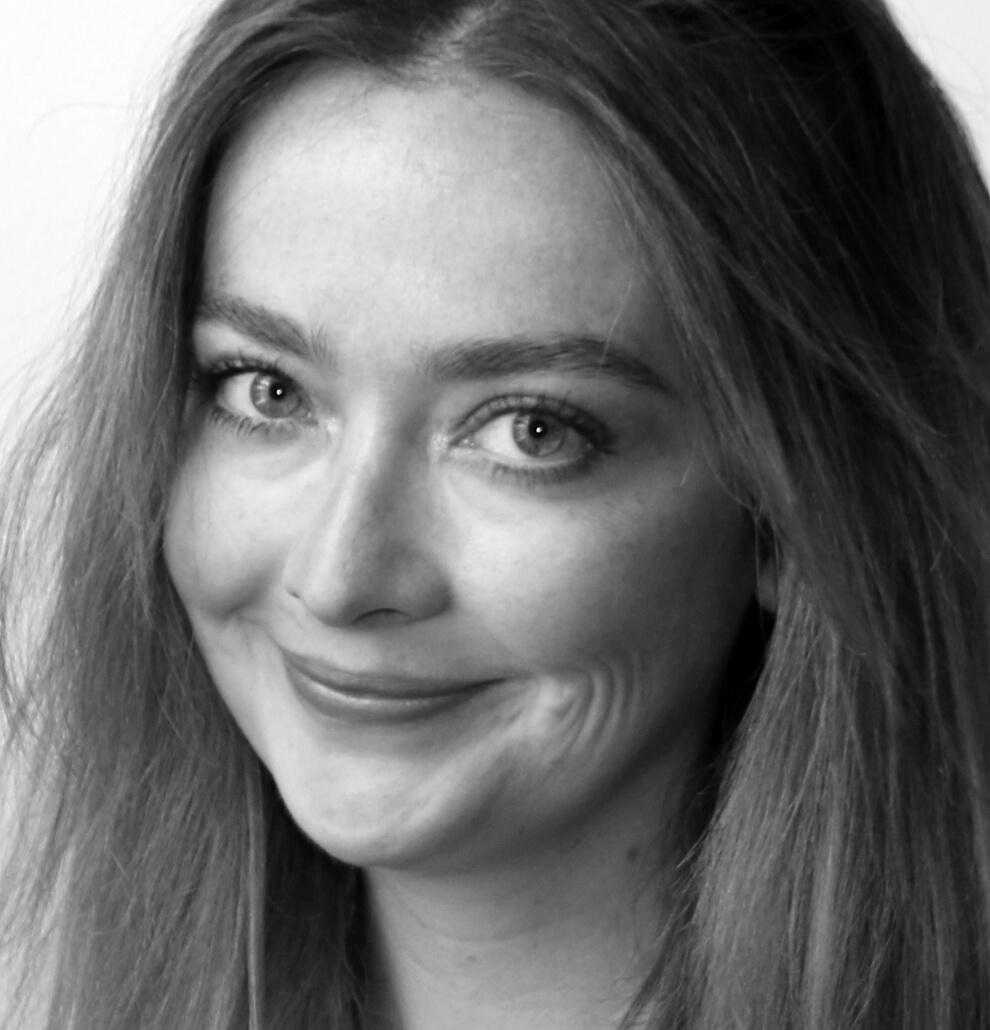
Sophia Brueckner is a futurist artist/designer/engineer who researches how technology shapes us. Inseparable from computers since the age of two, she believes she is a cyborg. Creating new ways to apply science fiction to the design process, Brueckner prototypes alternatives to the tech industry’s limited visions for how we live with technology. As an associate professor at the Stamps School of Art & Design and co-director of the Center for Ethics, Society and Computing (ESC) at University of Michigan, she invites others to embody an attitude of “critical optimism” and imagine what technological futures they might prefer for themselves.
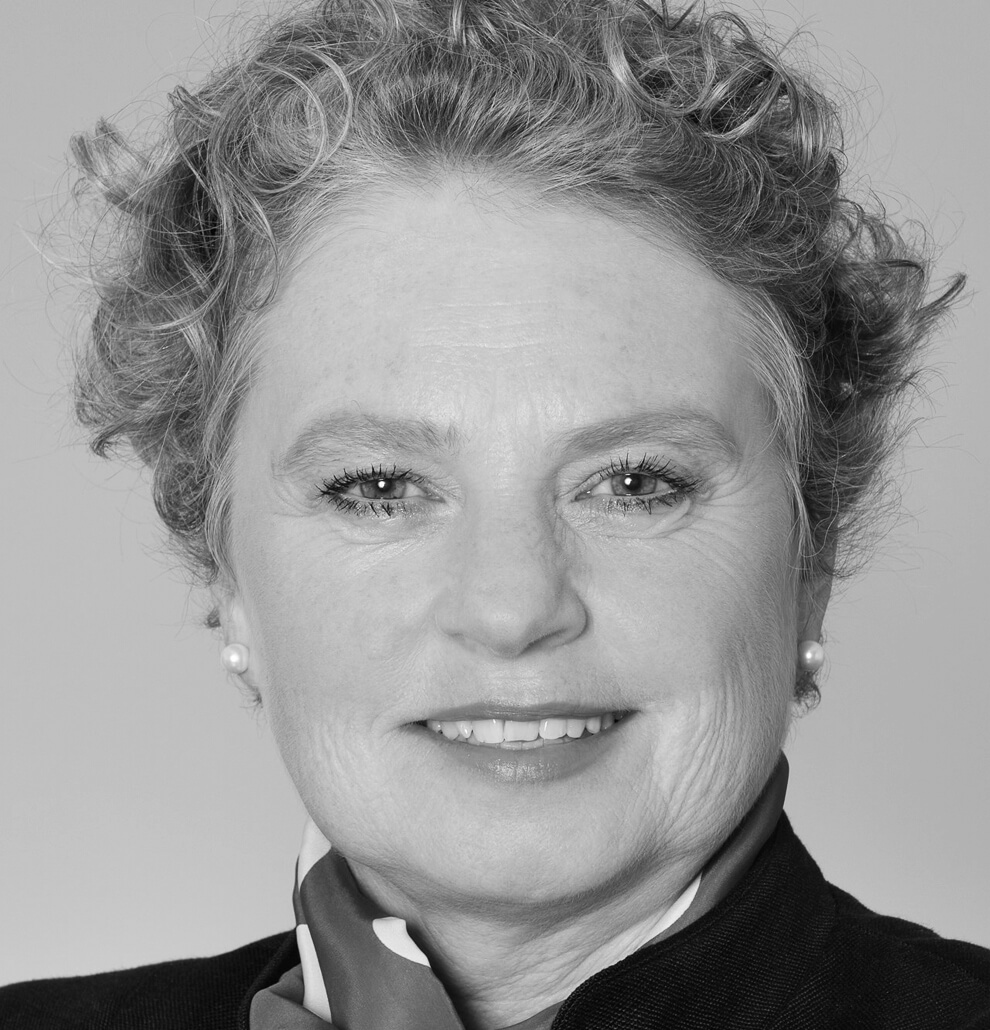
Eva Buchinger specializes in social systems theory and innovation policy. Presently, she works on “ethics of emerging technologies” and “demand-driven innovation policy”. Her long-time experience includes research management (research field “Societal Futures” at AIT); academic teaching (Vienna University of Technology, Vienna University of Economics); scientific community engagement (president RC51 Sociocybernetics of the International Sociological Association ISA, board Austrian Sociological Association ÖGS, board Viennese Sociological Association WGS, editorial board of journals such as ÖZS, W&U, and SYSTEMA); and last but not least policy consulting (Austrian government and EU institutions).
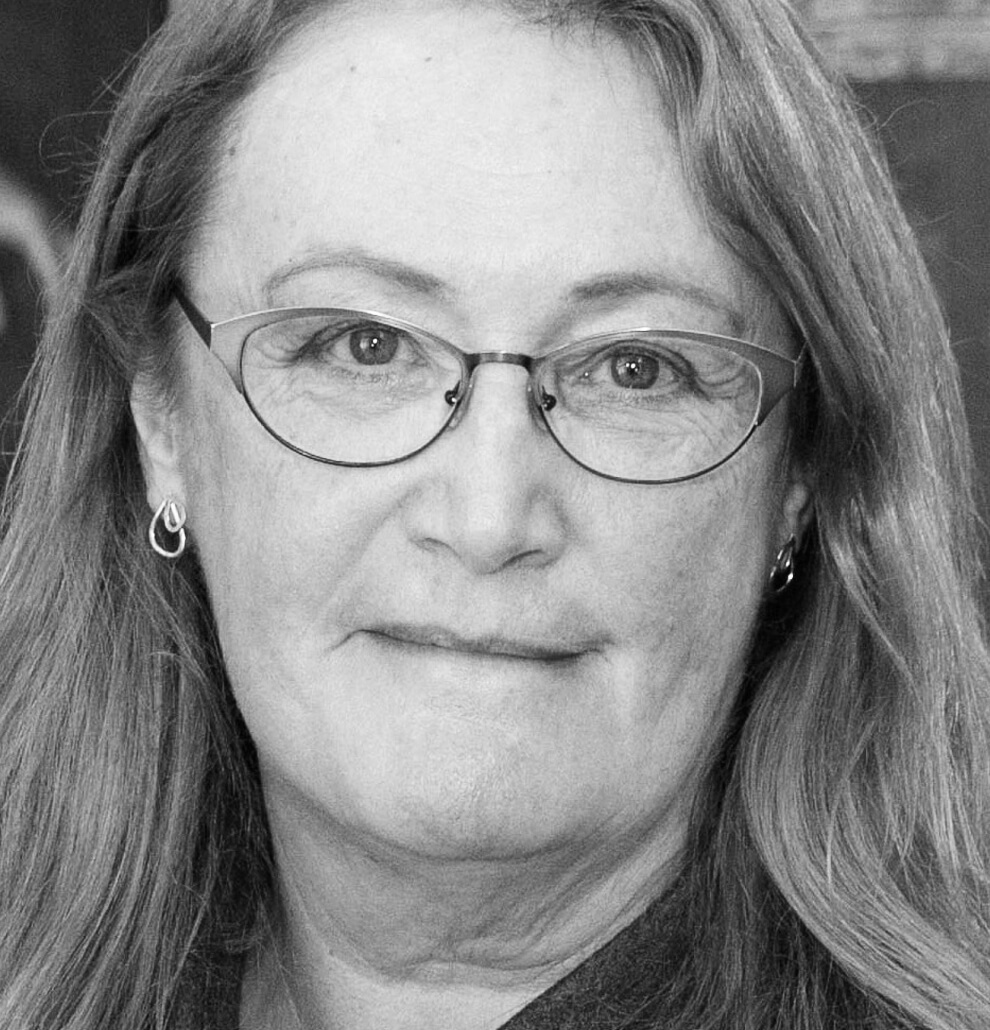
Ruth Byrne is the Professor of Cognitive Science at Trinity College Dublin, University of Dublin, Ireland. Her research focuses on human thinking, including experimental and computational investigations of reasoning and imaginative thought. She has published over 100 scientific articles and her books include, “The rational imagination: how people create alternatives to reality” (2005, MIT press), “Deduction”, co-authored with Phil Johnson-Laird (1991, Erlbaum), and most recently, “Thinking, reasoning, and decision-making in autism”, co-edited with Kinga Morsanyi (2019, Routledge).
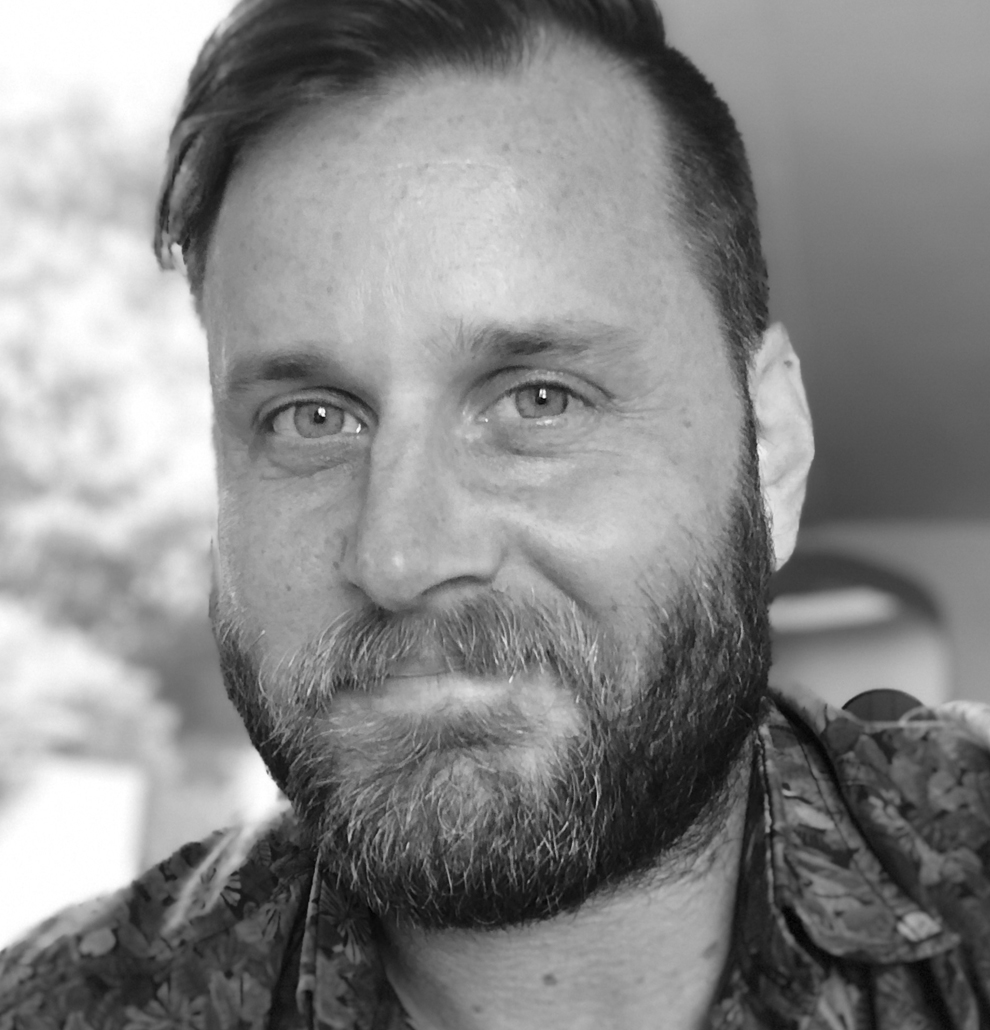
Stuart Candy is director of Situation Lab, associate professor of design at Carnegie Mellon University in Pittsburgh, Pennsylvania, and advisor to NASA JPL in Pasadena, California. As a transmedia practitioner, scholar, and teacher, he brings futures to life through design, games, and the arts, spanning governmental, academic, technological, cultural, and humanitarian contexts. Involved in the foresight field for over 25 years and design for the past 15, he has opened up an exchange between the two in theory and practice alike, introducing experiential futures at universities and art schools including the Royal College of Art, Politecnico di Milano, SciencesPo, OCAD, MIT, Parsons, Columbia, School of the Art Institute of Chicago, CCA, Stanford, UCLA, ArtCenter, Tsinghua, and KAIST. His work has appeared at events like South by Southwest, Skoll World Forum, and the UNESCO Futures Literacy Summit, on the Discovery Channel, and in the pages of popular publications like The Economist, Wired, and VICE.
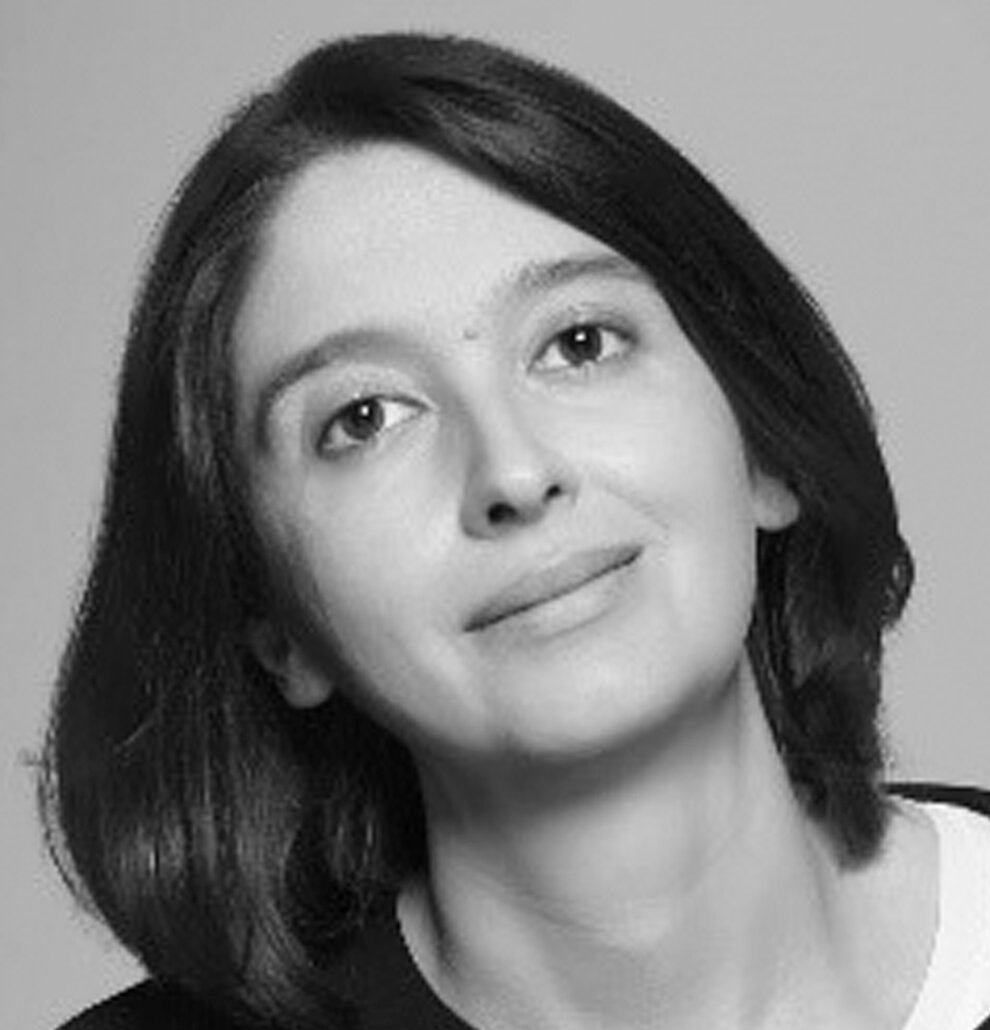
Alice Comi, Ph.D., is an Associate Professor at Tongji University, College of Design and Innovation. She explores the creative intersections between designing and organizing, with particular attention to practices of future making and the role of visual artifacts. Her work has been published in international peer reviewed journals in design and organization studies.
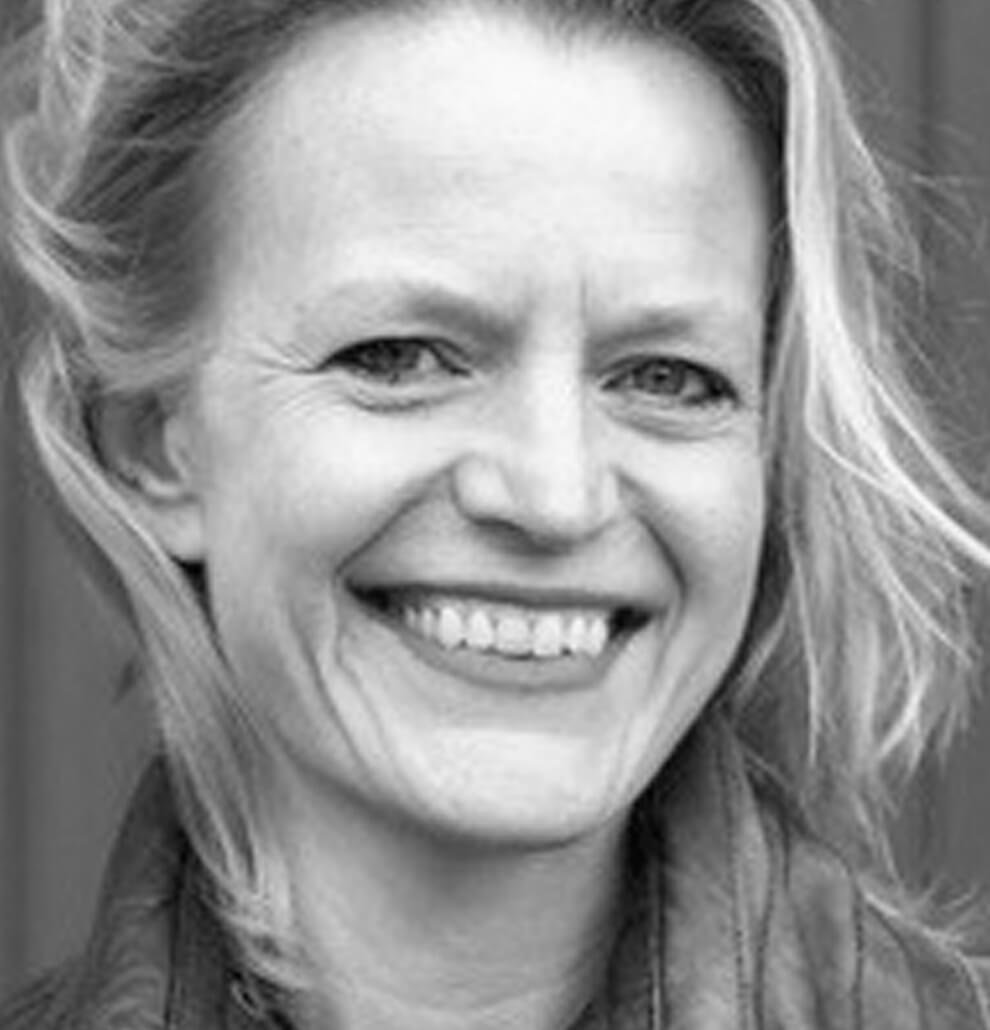
Loes Damhof was elected as Lecturer of the Year of all higher education in The Netherlands in 2016, and decided to spend the attached prestigious Comenis Award on developing Futures Literacy pilots. In 2018, she received the UNESCO Chair on Futures Literacy in Higher Education for her work on researching the impact of Futures Literacy and the design principles of Futures Literacy interventions. In addition to her research and teaching practices, she consults and trains staff of global organizations such as FutureWomenX, UNESCO, UNFCCC, ClimateKIC, FORMS, UN, Copenhagen Institute for Futures Studies and Oxfam in multidisciplinary projects. As a Futures Literacy Expert, she designs, develops and facilitates so-called Futures Literacy Labs: collective intelligence knowledge creation processes across the globe that challenge and raise fundamental questions on leadership, migration, climate change and technology. She is a Future Fellow at Hawkwood College and a steering committee member of the Futures Oriented Museum Synergies.
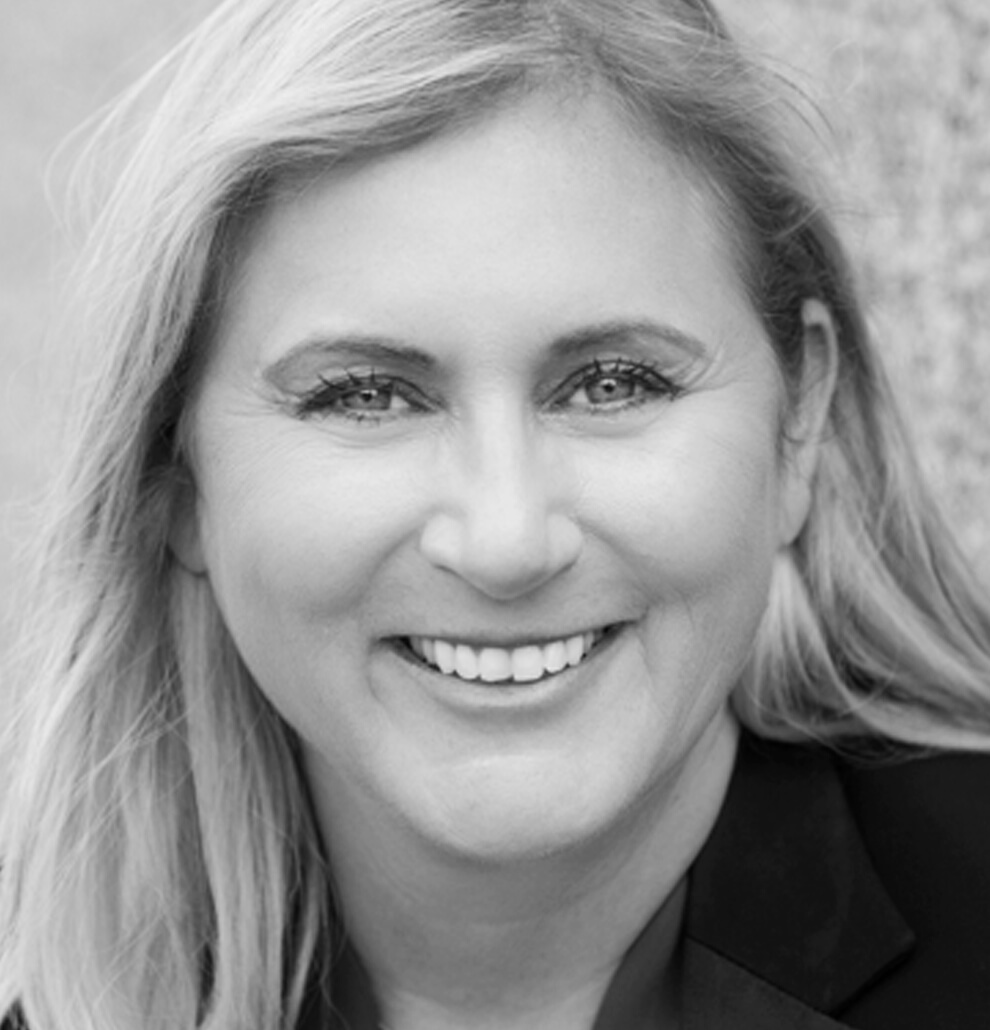
Sarah DaVanzo is Chief Data Officer of Pierre Fabre, a multinational Pharmaceutical and Dermo-Cosmetics company, leading Intelligence & Strategic Foresight. Prior, Sarah was Chief Strategy Officer of the futures agency, Sparks & Honey, before joining the L'Oréal Groupe as VP of Insight & Foresight. Her career spans 22 countries at the intersection of innovation, marketing, trends and culture, insights and foresight. Her rigorous methodology, gleaned from a dozen futures institutions (e.g., IFTT, University of Houston, DARPA, NASA, MIT, APF, etc.) is augmented with innovative quantitative “data-DE&I” methods; Sarah has led tomorrowing for nearly 100 Fortune-500 companies and government agencies.
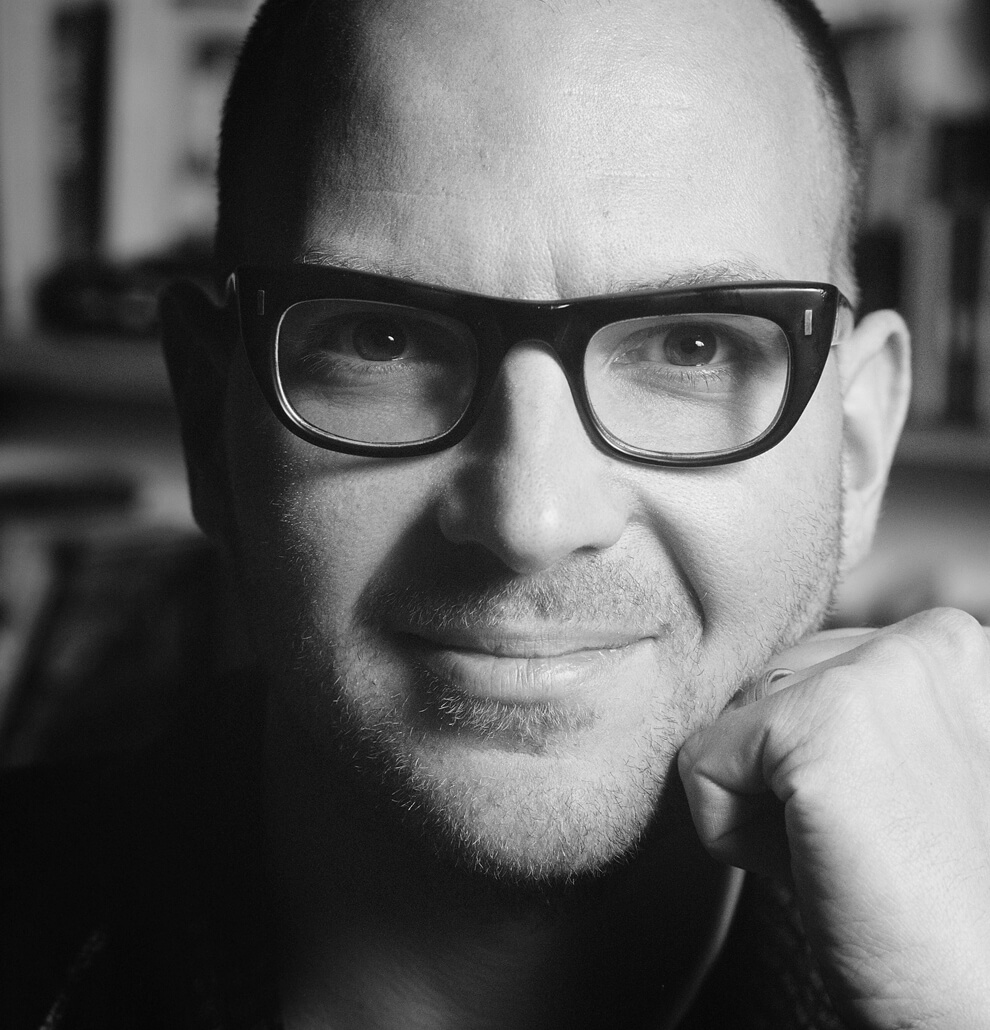
Cory Doctorow (craphound.com) is a science fiction author, activist, journalist and blogger -- the co-editor of Boing Boing (boingboing.net) and the author of young adult novels like PIRATE CINEMA and LITTLE BROTHER and novels for adults like RAPTURE OF THE NERDS and MAKERS. He is the former European director of the Electronic Frontier Foundation and co-founded the UK Open Rights Group. Born in Toronto, Canada, he now lives in London and is pictured here in his office.
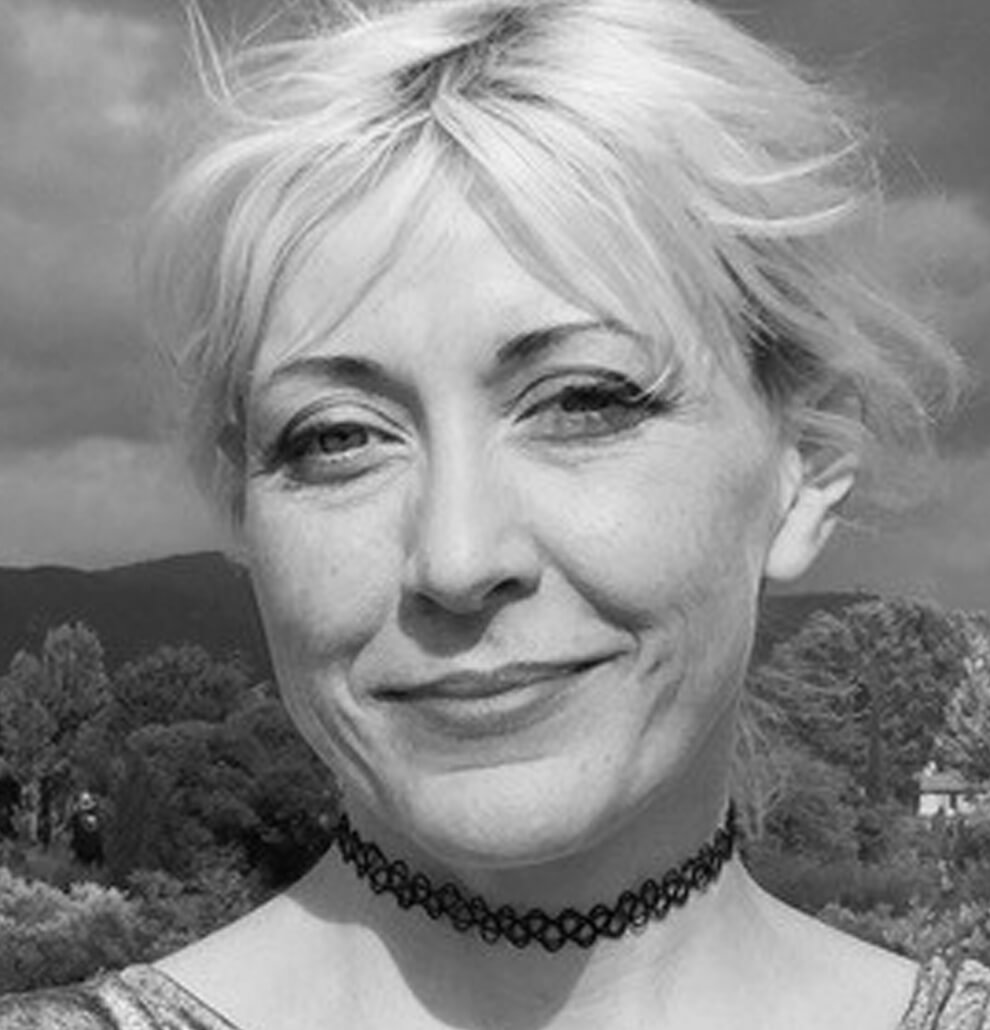
Mary Flanagan’s groundbreaking explorations have been supported by numerous foundations and international organizations. Her books, essays and artworks explore game design for social change and critical takes on technological systems. Flanagan has lectured widely, including the 2018 World Economic Forum at Davos. She is the Sherman Fairchild Distinguished Professor of Digital Humanities at Dartmouth College and leads the laboratory Tiltfactor.org. www.maryflanagan.com
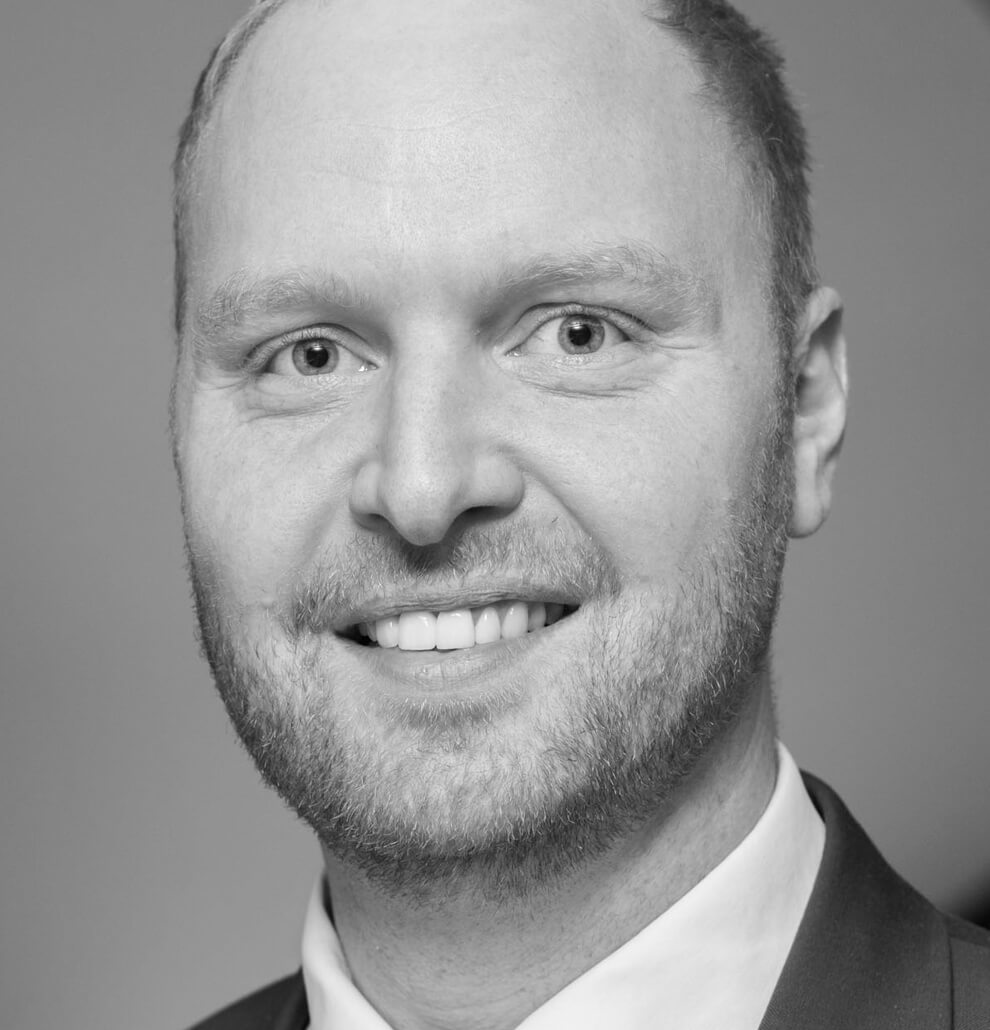
Josef leads a global, multi-disciplinary team of designers and consultants that specialize in research, design, strategy, innovation, thought leadership, and vision-making for the future of the built environment. He is also an Associate Lecturer at Central Saint Martins as part of the MA for Innovation Management, a member of the World Cities Summit Science of Cities Knowledge Council, and a member of the International Panel of Experts at Singapore’s Urban Redevelopment Authority.
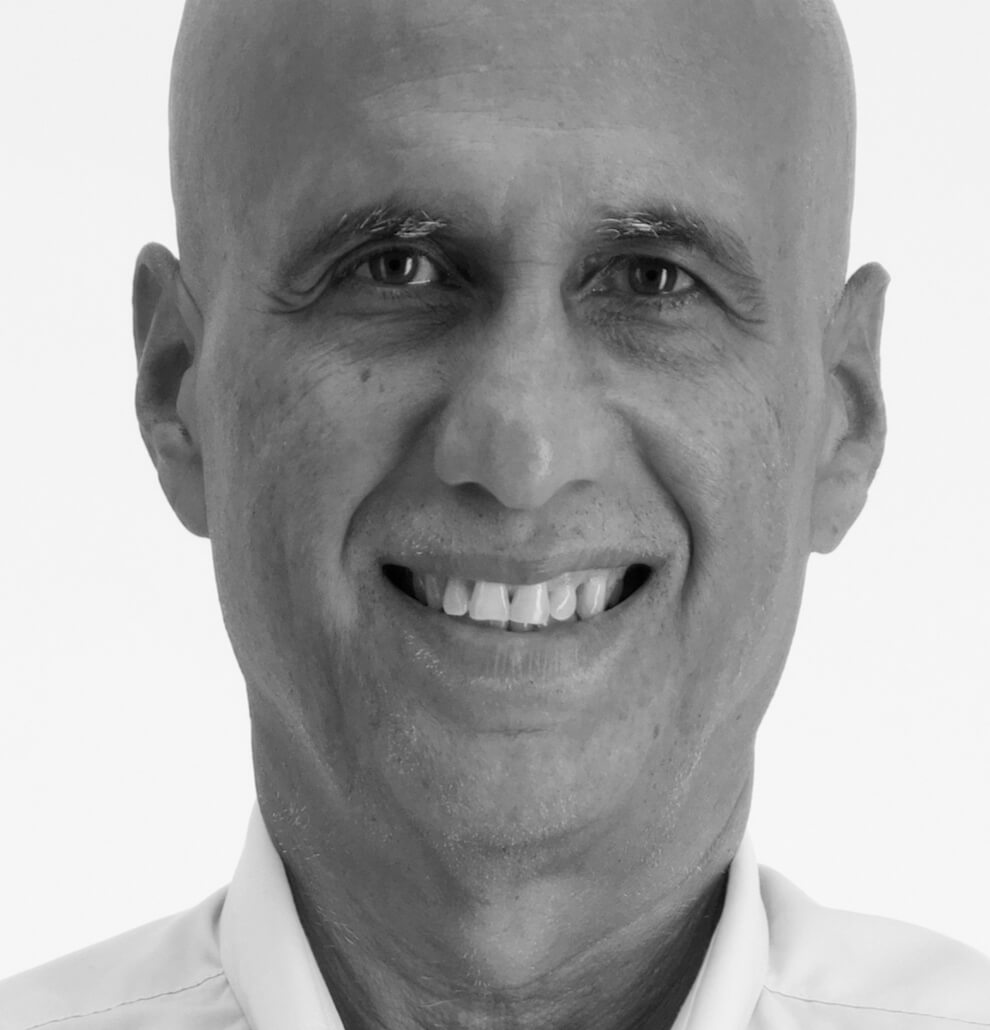
Professor Sohail Inayatullah is the UNESCO Chair in Futures Studies at the Sejahtera Centre for Sustainability and Humanity, IIUM, Malaysia. Since 2000, he has been a Professor of Futures Studies at Tamkang University, Taiwan. He teaches online through the metafutureschool and is a researcher with Metafuture. His recent books include CLA 3.0: Thirty Years of Transformative Research and The End of the Cow and other emerging issues.
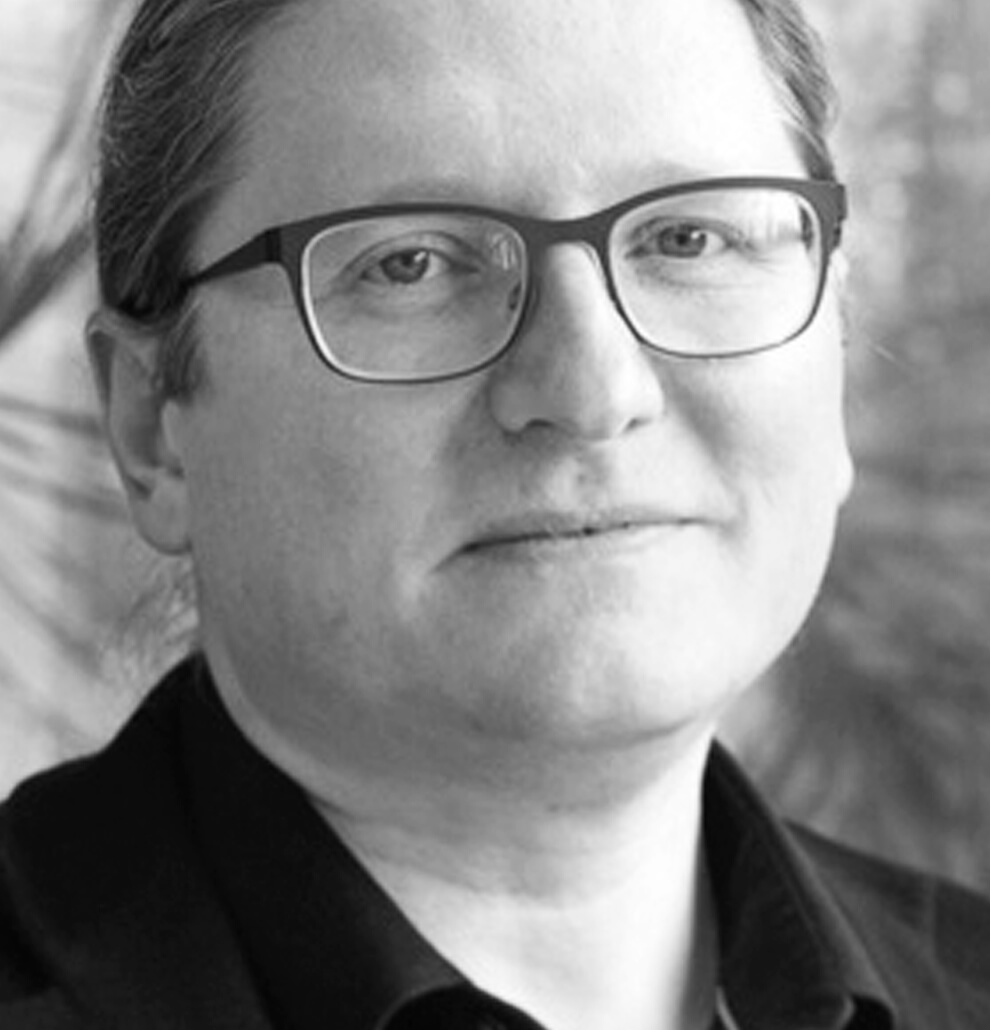
Joe Kable is the Baird Term Professor of Psychology and Marketing at the University of Pennsylvania and the Director of MindCORE, Penn’s hub for the integrative study of the mind. He studies the psychological and neural mechanisms of human decision making, using an integrated empirical approach that borrows from economics, the psychology of judgment and decision making, and social and cognitive neuroscience. He received his B.S. from Emory University in 1996 and his Ph.D. in Neuroscience from the University of Pennsylvania in 2004. He was a post-doctoral scholar at the Institute for the Interdisciplinary Study of Decision Making at NYU, before re-joining Penn in the Department of Psychology in 2008. He is a past recipient of the Early Career Award and a Past President of the Society for Neuroeconomics. His research is supported by the National Institute of Drug Abuse, the National Institute of Mental Health, the National Cancer Institute, and the National Science Foundation. He has given public talks at the Franklin Institute and Philadelphia Science Festival and his work has been featured in the New York Times, Washington Post, Newsweek, NBC News and Freakonomics.com.
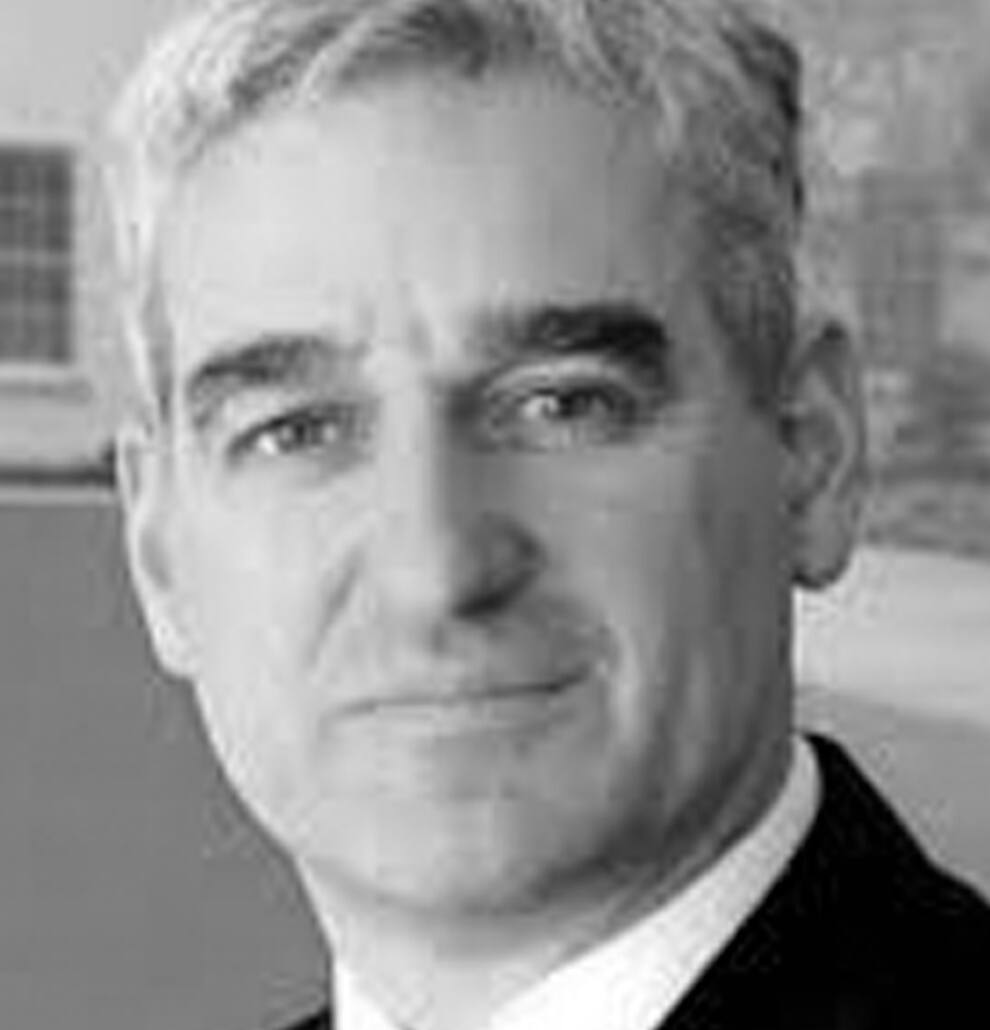
Mark Keane has been Chair of Computer Science at University College Dublin since 1998; from 2004-2007 he was Director of ICT (2004-2006) and Director General (2006-2007) at Science Foundation Ireland (SFI). He has published over 200 articles and 20 books (including “Cognitive Psychology: A Student’s Handbook”, co-authored with Michael Eysenck (2020, Taylor & Francis; now entering its 8th edition, in 6 languages). His work in Cognitive Science is concerned with how people generate new ideas from old knowledge (using analogy, concept combination, metaphor) and how they deal with things they don't know or expect (surprise, unexpectedness). In Artificial Intelligence, he works on case-based reasoning, machine learning and explainable AI.
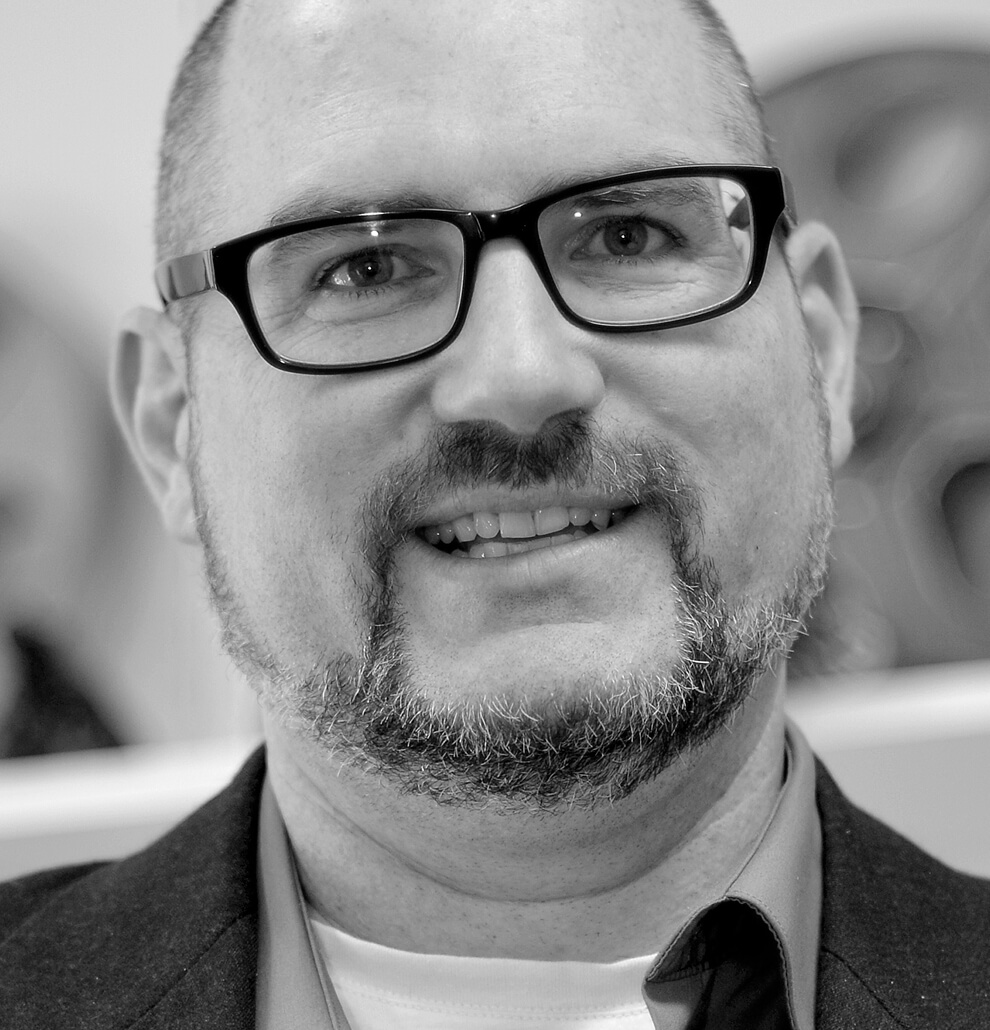
David A. Kirby is Professor and Chair of the Department of Interdisciplinary Studies and Director of the Science, Technology & Society Program at Cal Poly University in San Luis Obispo. His research examines how movies, television and computer games serve as vehicles for the communication of science and technology. He is author of the books Lab Coats in Hollywood: Science, Scientists and Cinema and the forthcoming Indecent Science: Religion, Science and Movie Censorship.
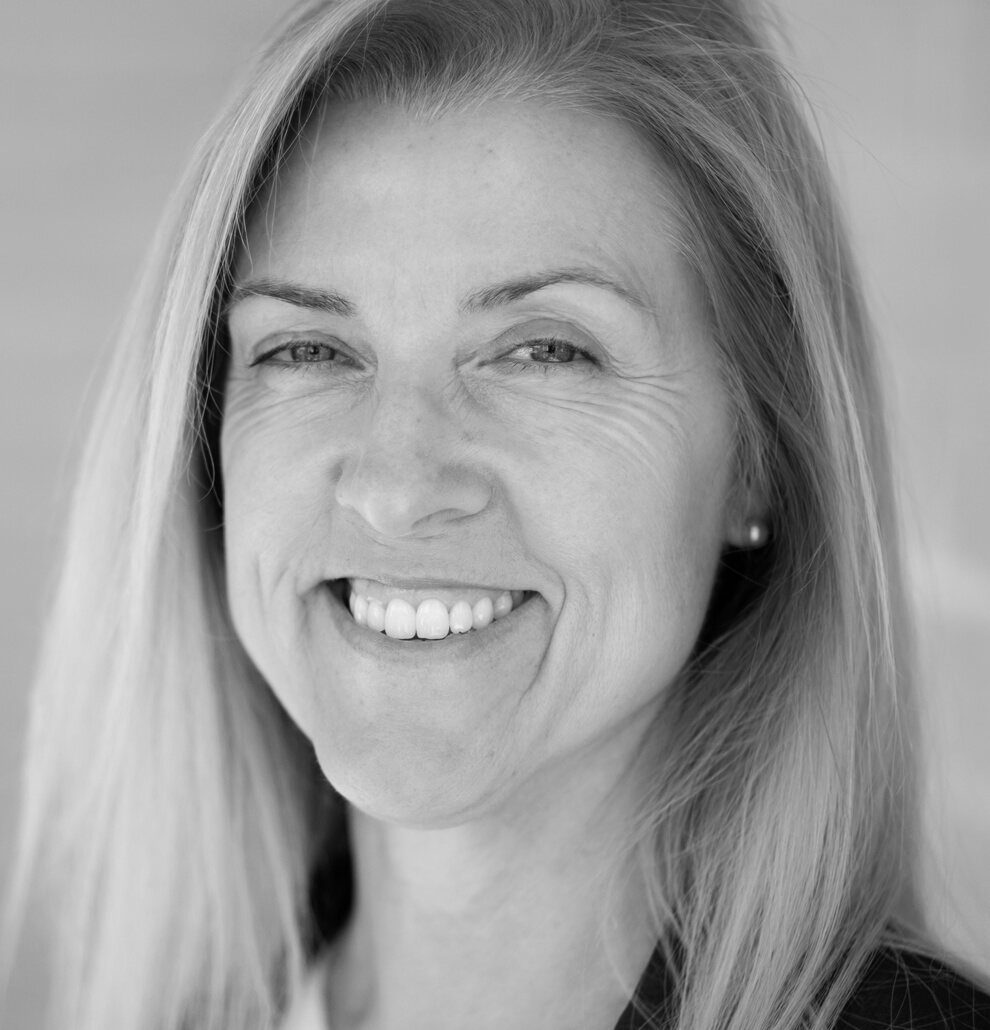
Trudi Lang is a senior fellow in management practice at the University of Oxford’s Saïd Business School where she works with executives to support them in the achievement of their strategic objectives. She directs the Oxford Collaborative Strategy Lab, co-directs the Oxford Executive Strategy Programme, and is a core faculty member of the Oxford Scenarios Programme. Trudi was previously director of strategic foresight at the World Economic Forum.
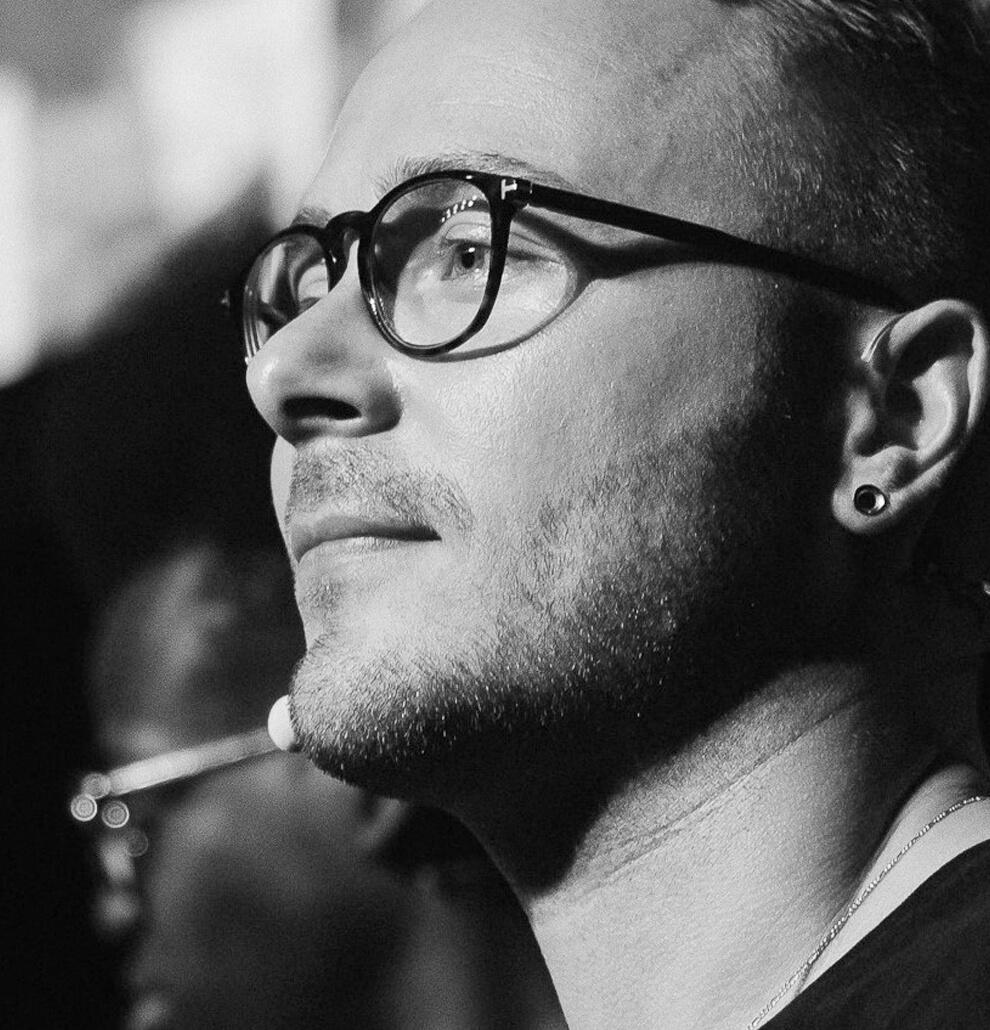
Nicklas is a senior advisor and head of arts and culture at the Copenhagen Institute for Futures Studies, with a strong focus on weaving futures into creative curricula. He is an external lecturer at the Danish National School of Performing Arts, and the Danish National Film School, and holds a UNESCO Co-Chair in Anticipatory Leadership and Futures Capabilities together with Aarhus University and has been on the board of the global Futures Oriented Museum Synergies network.
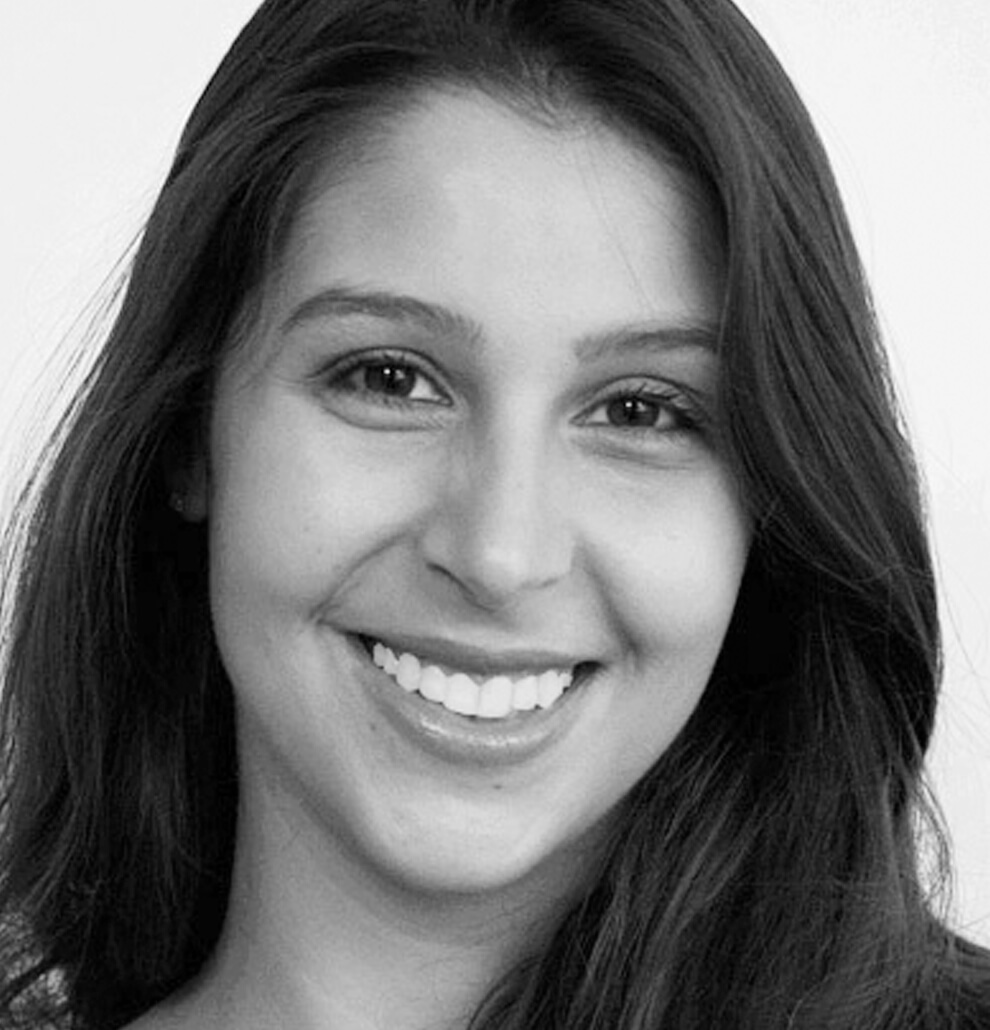
Conceptual Material Designer Shahar Livne's practice is narrative based on materials as a central theme. She aims to create a critical perspective on the use of materials in humans and nonhumans with the goal of understanding and communicating wide public social, philosophical, and ecological issues. By using critical, speculative, and discursive design as methodologies, she presents the complex systems of the world by communicating through neutrality, giving the viewer an open space for developing opinions, understanding the world’s complex and the entangled systems, stimulating discussions about ecology and material culture, and sparking feelings of wonder and discovery.
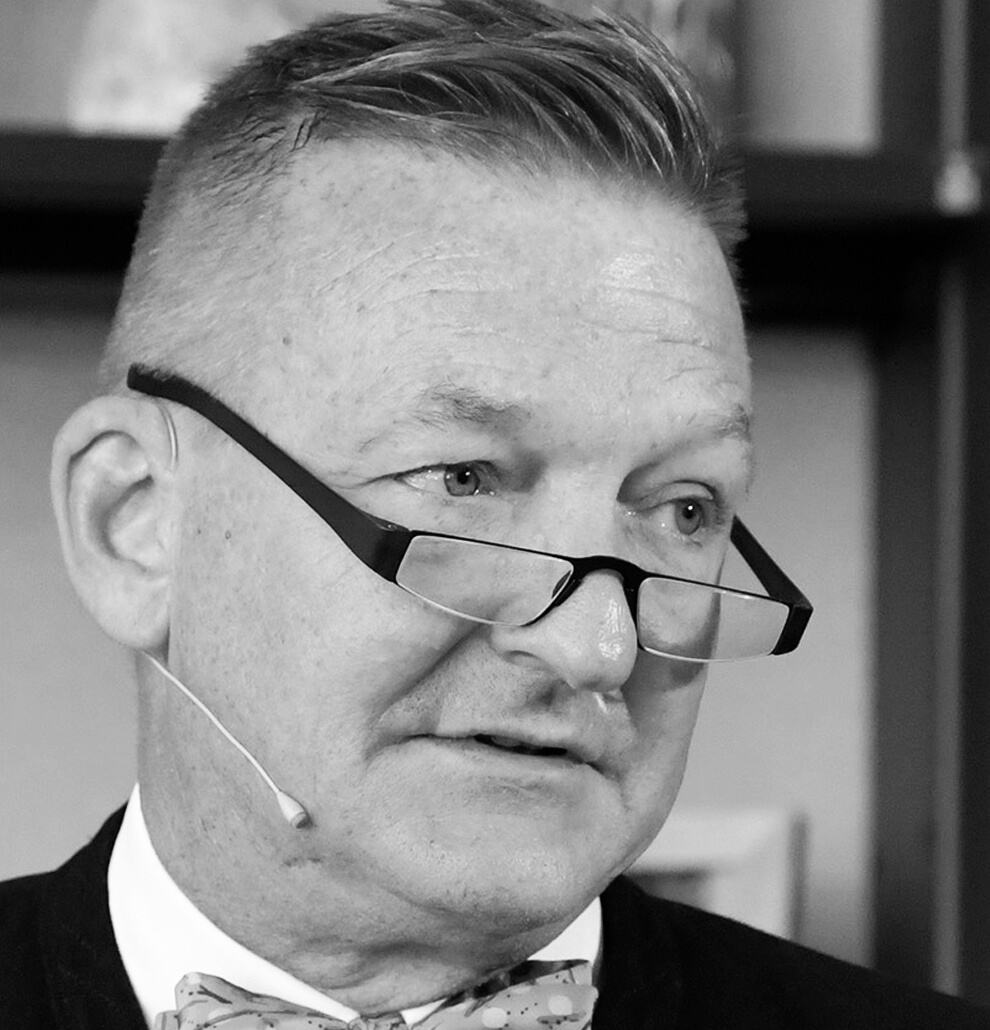
Dr Chris Luebkeman is the Leader of the Strategic Foresight Hub in the Office of the President at ETH Zurich. This recently established Hub is a team which engages a broad range of stakeholders concerning future focused drivers of change. Dr Luebkeman is a member of the nominating committee for the prestigious Lee Kuan Yew World City Prize, the external advisory board of the Urban Redevelopment Authority of Singapore, and the Brain Trust of the Climate Music Project. Prior to the Strategic Foresight Hub, he was a corporate intrapreneur at the global engineering consultancy Arup (London). He joined them in 1999 as the Director of Research and Development and founded the Foresight, Innovation and Incubation team three years later. Dr Luebkeman has taught Studios on Design and courses on technology at MIT, the Chinese University of Hong Kong, and the University of Oregon. He has spoken at TED conferences and hosted conversations for WEF. He holds a doctorate in architecture from ETH Zurich and a Master’s degree in civil engineering from Cornell University.
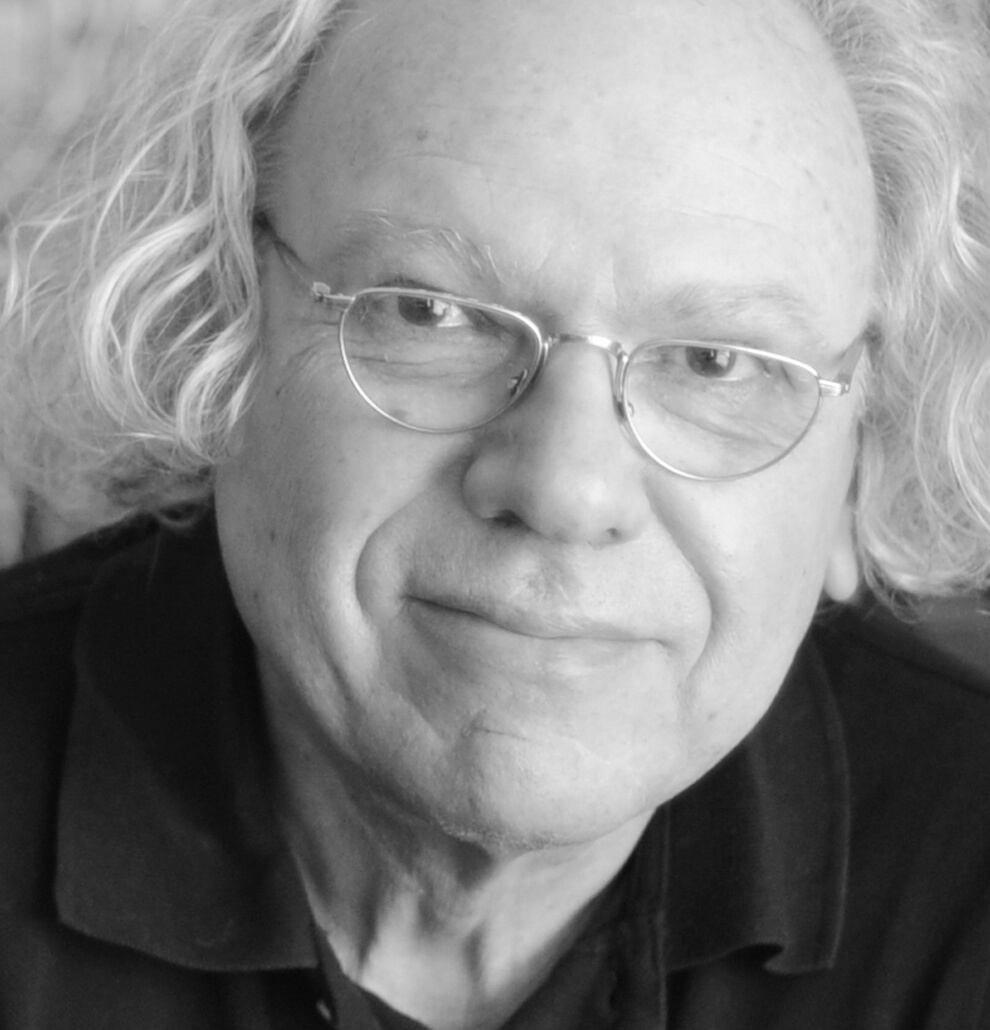
The title 'Futurist' was assigned to me by others - some labeled me as 'Philosopher'. A now defunct AI program offered 'Pipe smoker' and 'Social Scientist'. The latter is true. Myself, I learned the importance of maintaining a sense of time, with the goal of fostering agency to achieve a positive perspective for everyone. Through my years in the industry I found that avant-garde thinking and acting does not need a label at all. Creativity for the common good can be found everywhere.
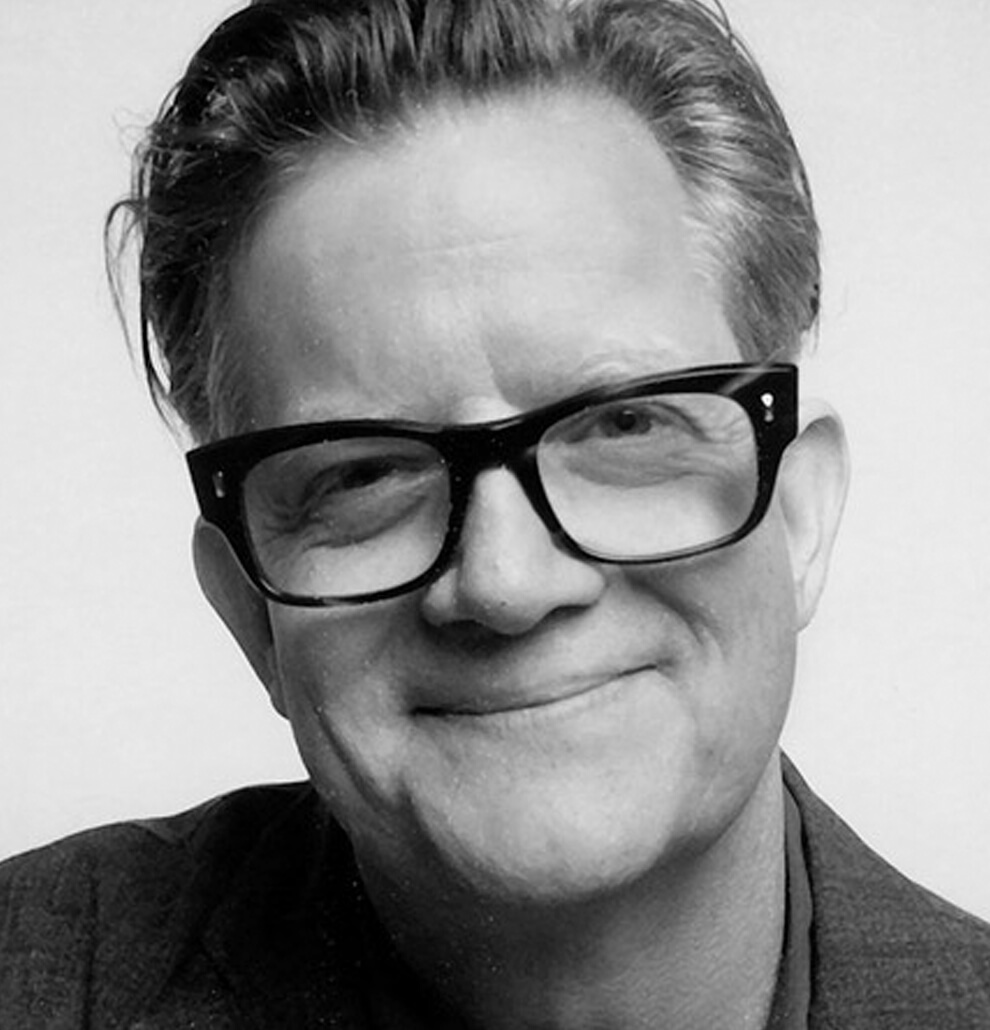
He has been a designer across multiple media since 1975 and in film for 30 years, working with Steven Spielberg, Tim Burton, David Fincher, amongst many directors. He is co-founder and creative director of the Experimental Design Studio, director of the World Building Institute and World Building Media Lab, and professor at USC School of Cinematic Arts. He is a Royal Designer for Industry. He is the originator of world building, a narrative design system for media, education, corporations, and institutions. His practice is designed for platforms that do not yet exist.
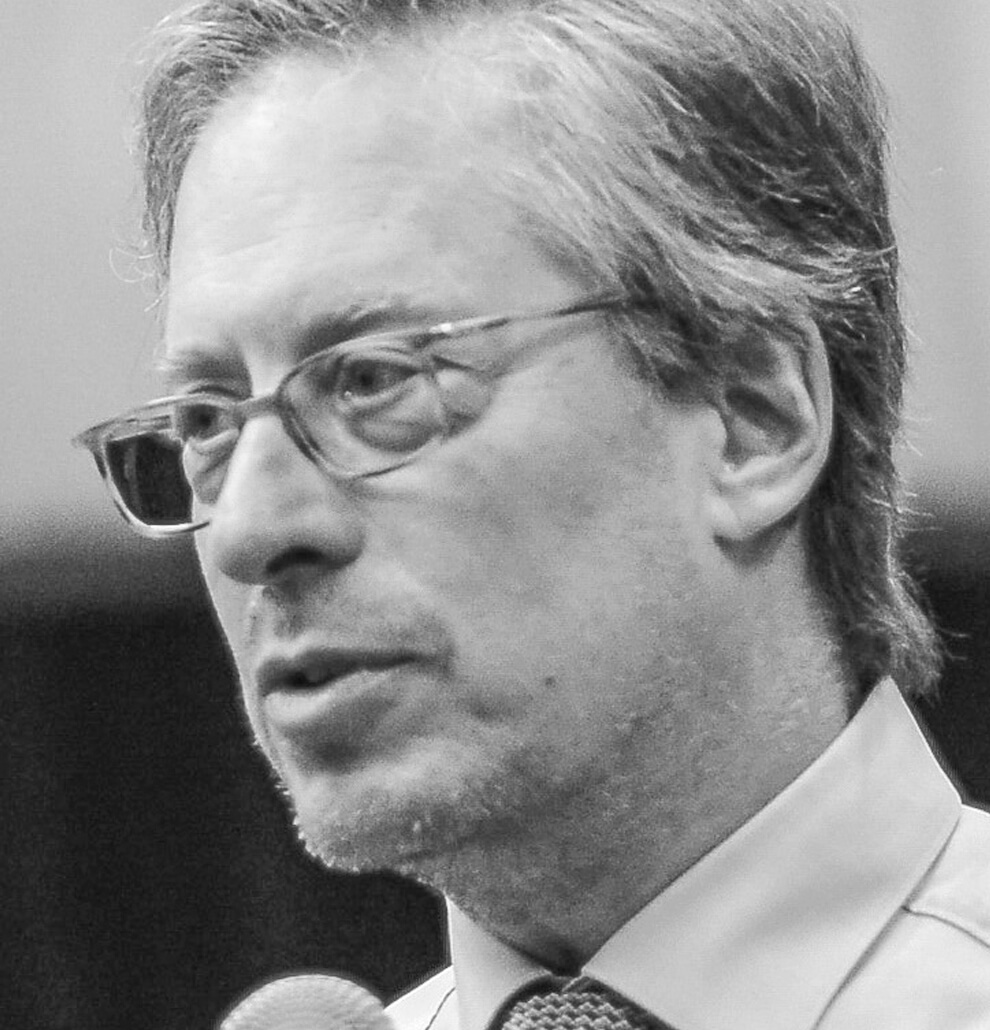
He is recognized as an innovative and globally experienced project initiator, designer and manager. He is widely published in academic journals and other media on a range of topics, from the future of the Internet to transforming strategic processes. He is an accomplished keynote speaker and facilitator. From mid-2012 to early 2022 Riel served as Head of Foresight and Futures Literacy at UNESCO. Currently he is: Senior Fellow: J. Herbert Smith Centre for Technology Management and Entrepreneurship, Deep Change Initiative, Faculty of Engineering, University of New Brunswick (Canada); Senior Fellow: Ecole des Ponts Business School, Ecole des Ponts, (France); Senior Advisor: University of Stavanger/NIFU (Norway)
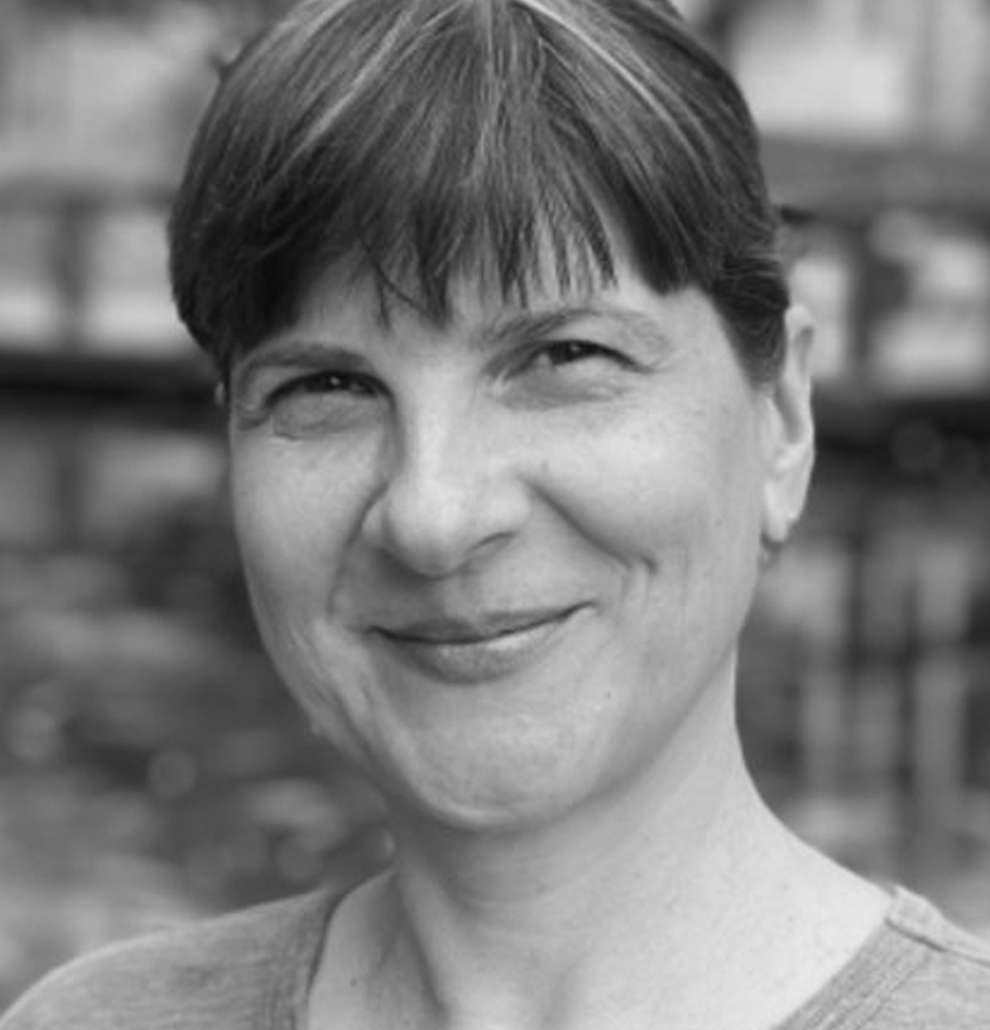
Dr. Ivana Milojević is also the Director of Metafuture, an international think-tank, and the Metafuture School. Her most recent books are CLA 3.0: Thirty Years of Transformative research (2002, co-editor) and The Heroine’s Journey Series (The Future Maker, The Gold Maker and The Peace Maker authored books) for which she received the Association of Professional Futurists 2022 award for the most significant futures work.
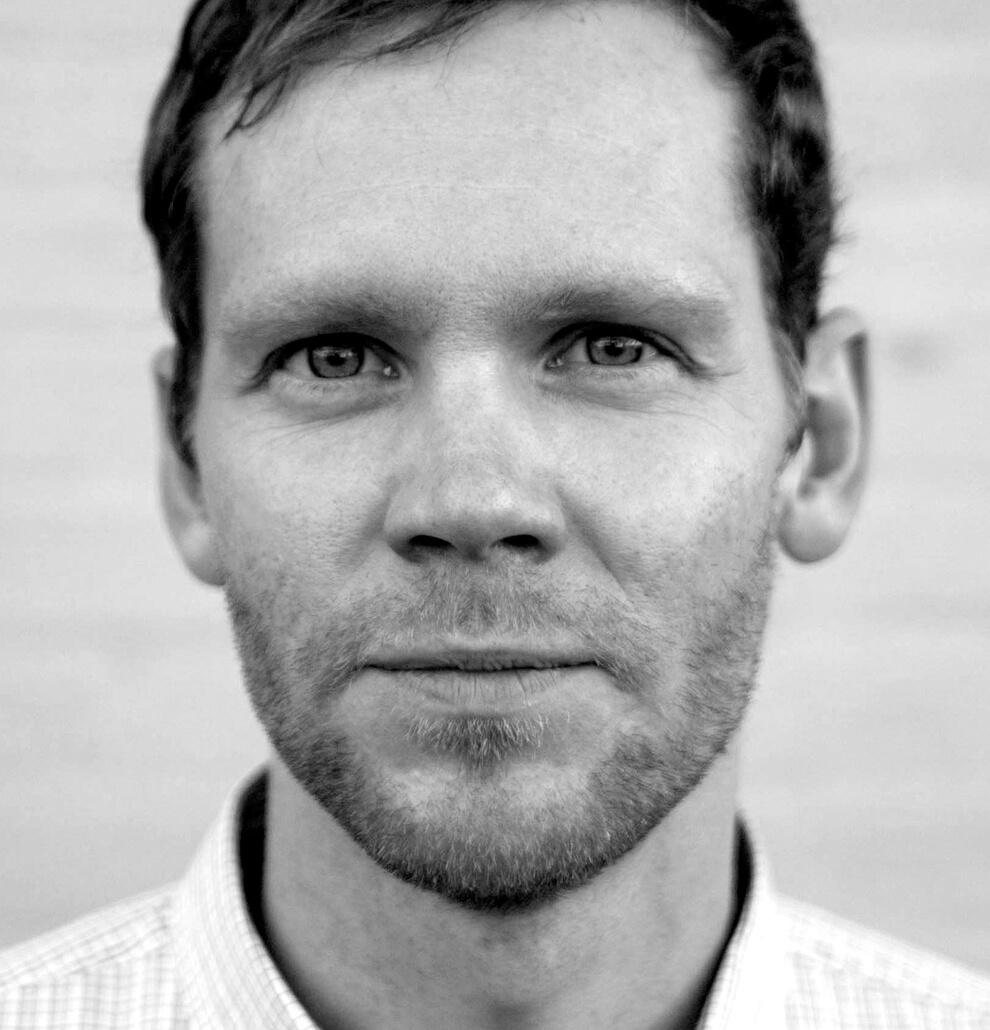
Elliott P. Montgomery is a design researcher, strategist and educator whose work focuses on speculative inquiries at the confluence of social, technological and environmental impact. He is currently Senior Strategic Foresight Specialist at Autodesk. He is also the co-founder of The Extrapolation Factory, an award winning design-futures research studio based in Brooklyn. He was previously a design research resident at the US Department of Energy’s Advanced Research Projects Agency, Energy and has received the Graham Foundation's Individual Grant.
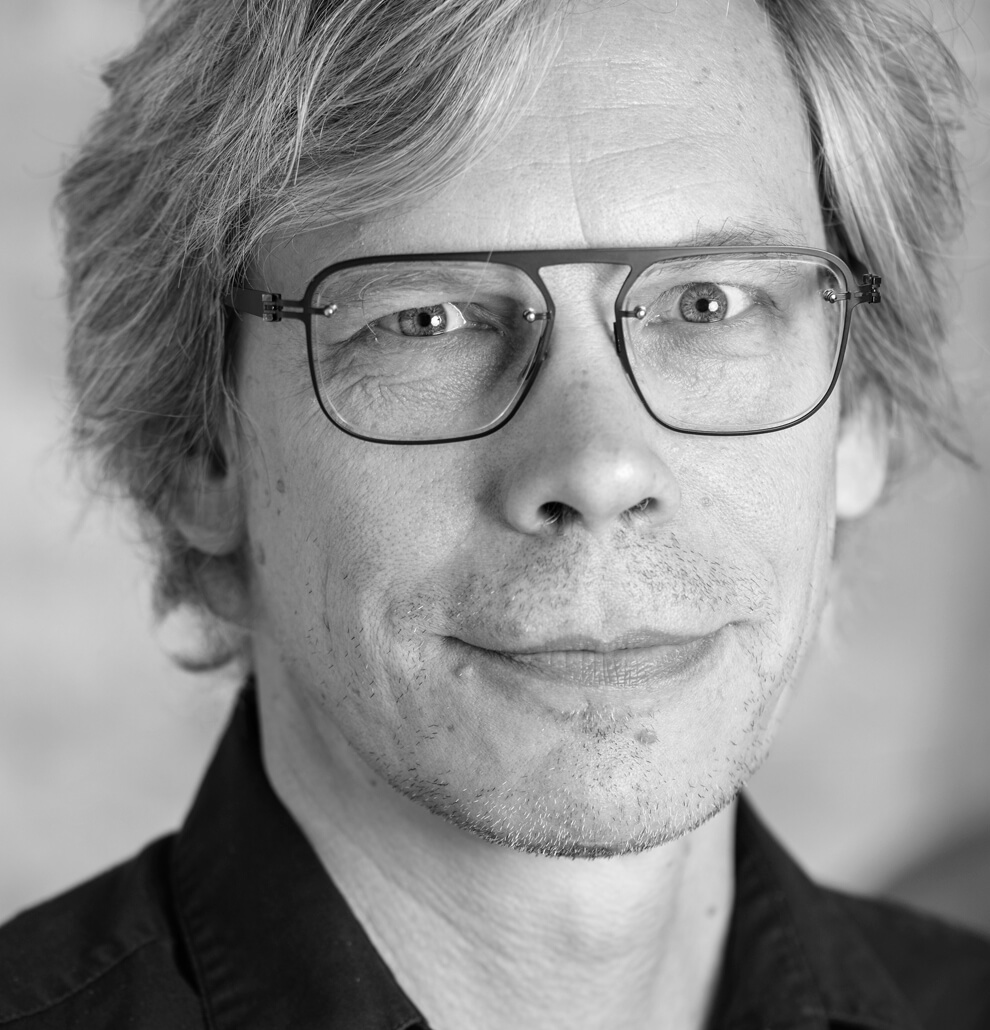
Dietmar Offenhuber is Associate Professor at Northeastern University in the areas of information design and urban affairs. He holds a PhD in Urban Planning from MIT. His research focuses on the relationship between design, technology, and urban governance. Dietmar is the author of the award-winning monograph “Waste is Information” (MIT Press) and has published books on urban data and accountability technologies. His upcoming book “Autographic Design” considers material forms of visualization and evidence construction.
Irini Papadimitriou is a digital culture curator and currently Creative Director at FutureEverything. She was previously Digital Programmes Manager at the V&A, Head of New Media Arts Development at Watermans, and a co-founder of Maker Assembly, a critical gathering about maker cultures. Recent exhibitions include Artificially Intelligent, V&A London; You and AI: Through the Algorithmic Lens; Plásmata: Bodies, Dreams, and Data, Onassis Foundation, Athens; Money, Ruins, and the Sea, NeMe, Cyprus; Trustworthy AI: Imagining Better Machine Decision Making, Mozilla Festival, London.
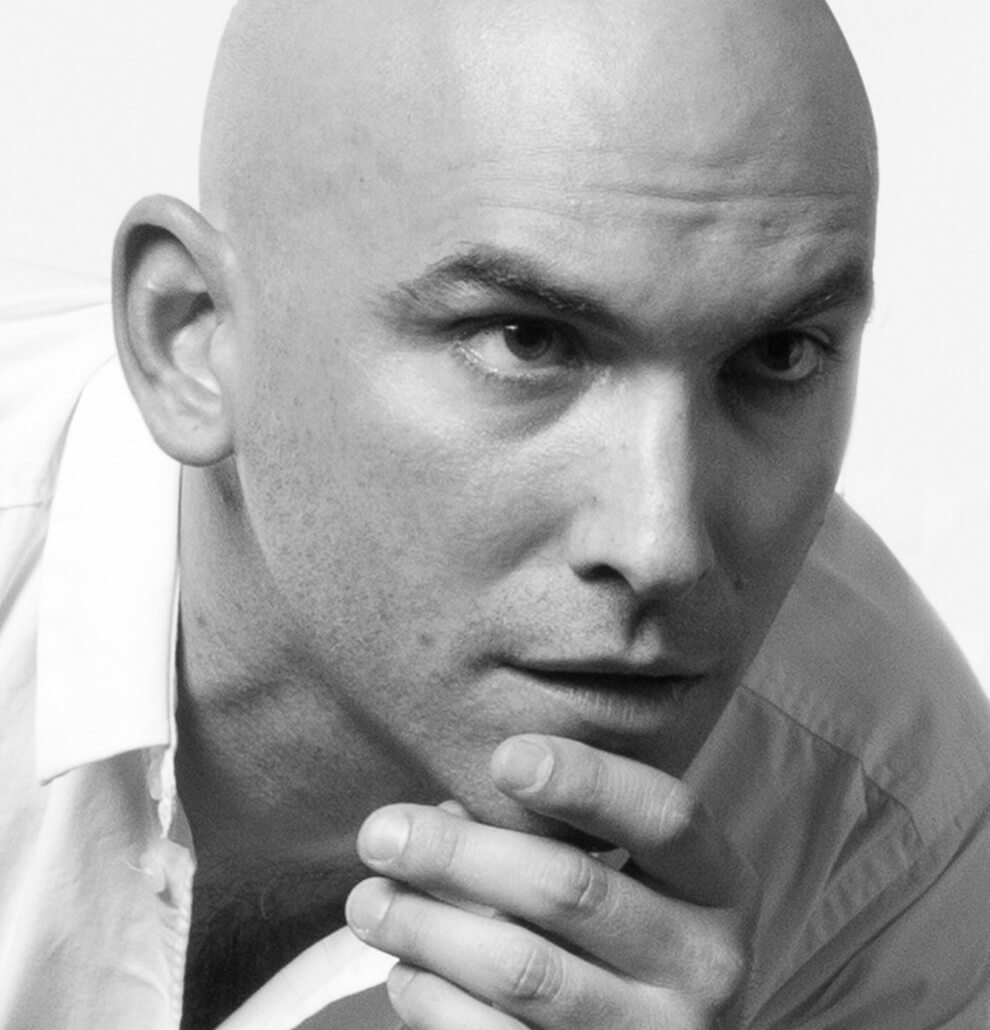
Stefanos Pavlakis and his colleagues at STORY DEALER create narratives designed to draw participants in to a collective experiencing of an alternate, temporary reality, often enacted in the public sphere. During such “interventions into the Real” fictive, designed stories and story-elements blend in to what we collectively hold for real, producing an enhanced, augmented sense of what is possible in it. His company specialized in large scale group events based on enactments for experience-gaining and training purposes for high ranked staff.
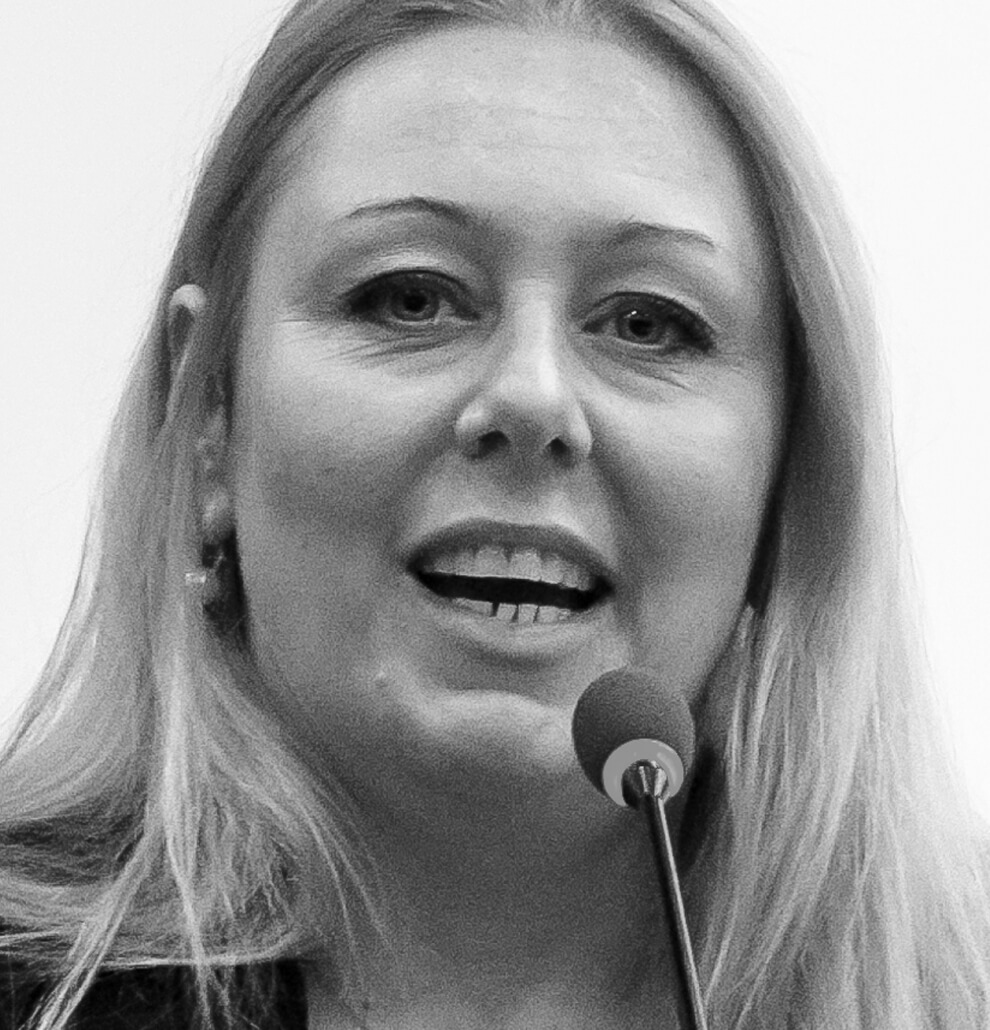
Dr. Christin Pfeiffer is the Head of Futures Literacy and Foresight at UNESCO/SHS in Paris, where she designs and manages futures-related projects with global, regional and national stakeholders. She deals with a broad portfolio of initiatives in Africa, the Arab States and Asia Pacific, coordinates the HLCP Foresight Network and represents UNESCO in the UN Futures Lab. With its 37 Chairs in Futures Studies and Anticipation, UNESCO works towards strengthening the capacity of Member States to create knowledge on transformative policies for inclusive and resilient futures.
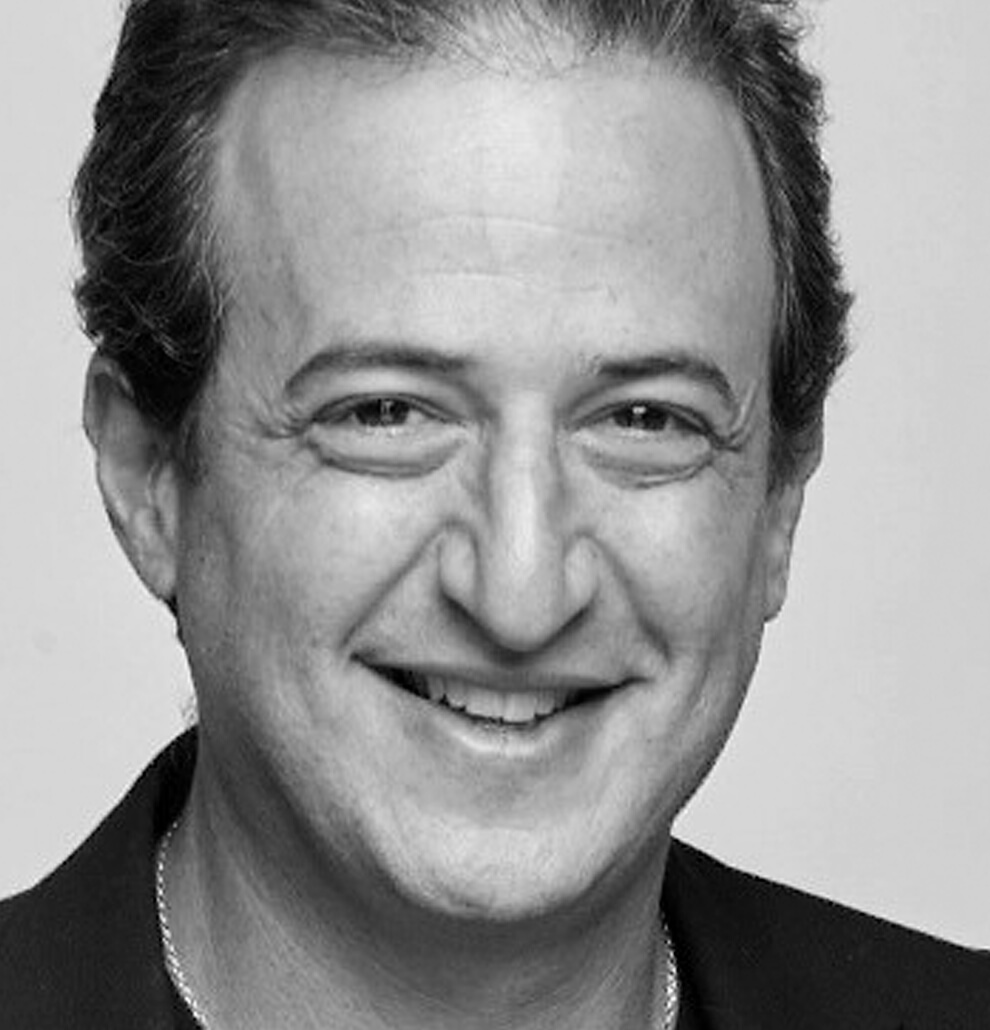
Ari is the Founder and CEO of SciFutures, an award winning foresight and innovation agency that uses sci-fi prototyping to help their clients create meaningful change. SciFutures has a network of over 300 sci-fi writers around the world and works in a wide variety of industries with organizations like Visa, Hershey’s, Honda, NATO, JPMorgan Chase and Coca-cola. SciFutures work has been featured in the BBC, Fast Company, Boston Globe, Wired Japan, CNBC, New Yorker and CNET Magazine.
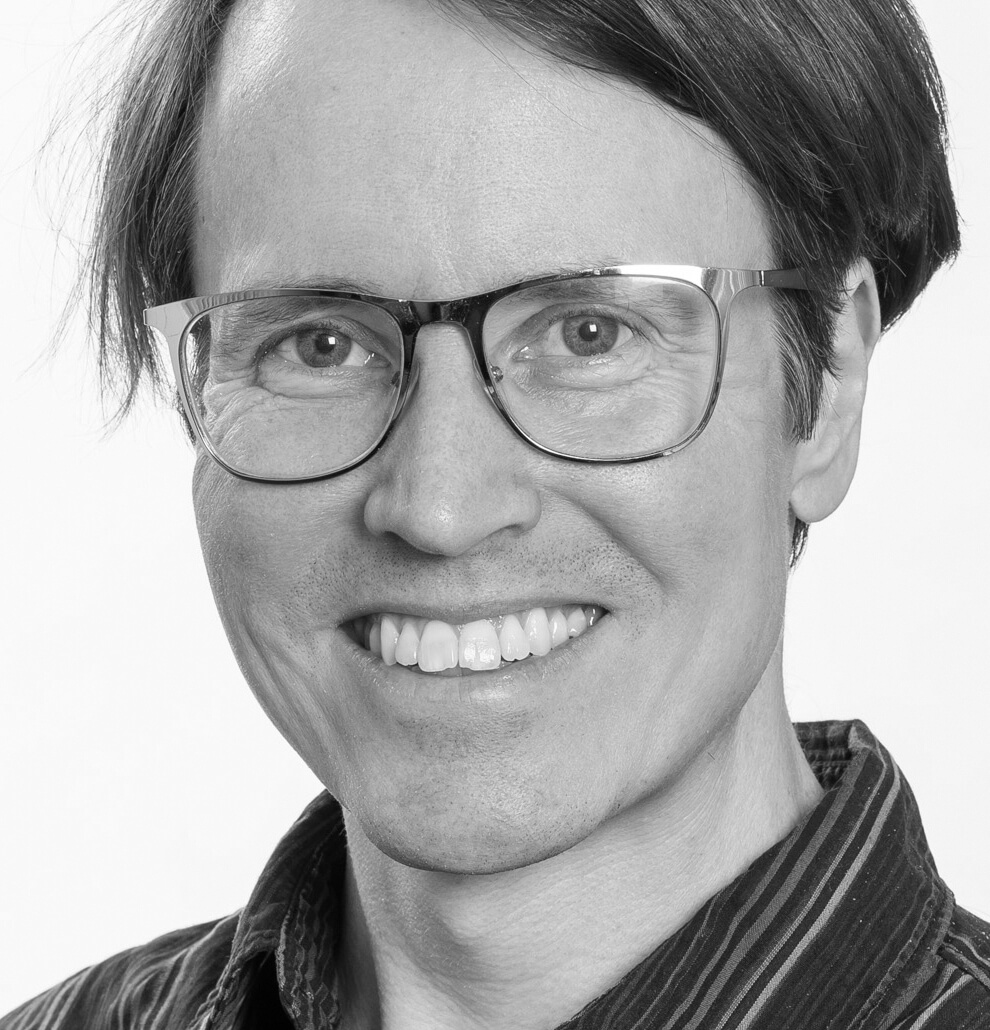
Nicolas Balcom Raleigh helps innovators who are addressing the climate emergency develop and benefit from capabilities to vary modes and purposes for imaging futures (aka futures literacy). His approach emphasizes co-inquiry informed by an appreciation for complexity, unknowability, emergent novelty, and insightful value-creation for participants. He is UNESCO co-Chair of Learning for Transformation and Planetary Futures and Doctoral Researcher in Futures Studies at University of Turku; and president of Foresight Europe Network 2023-2024.
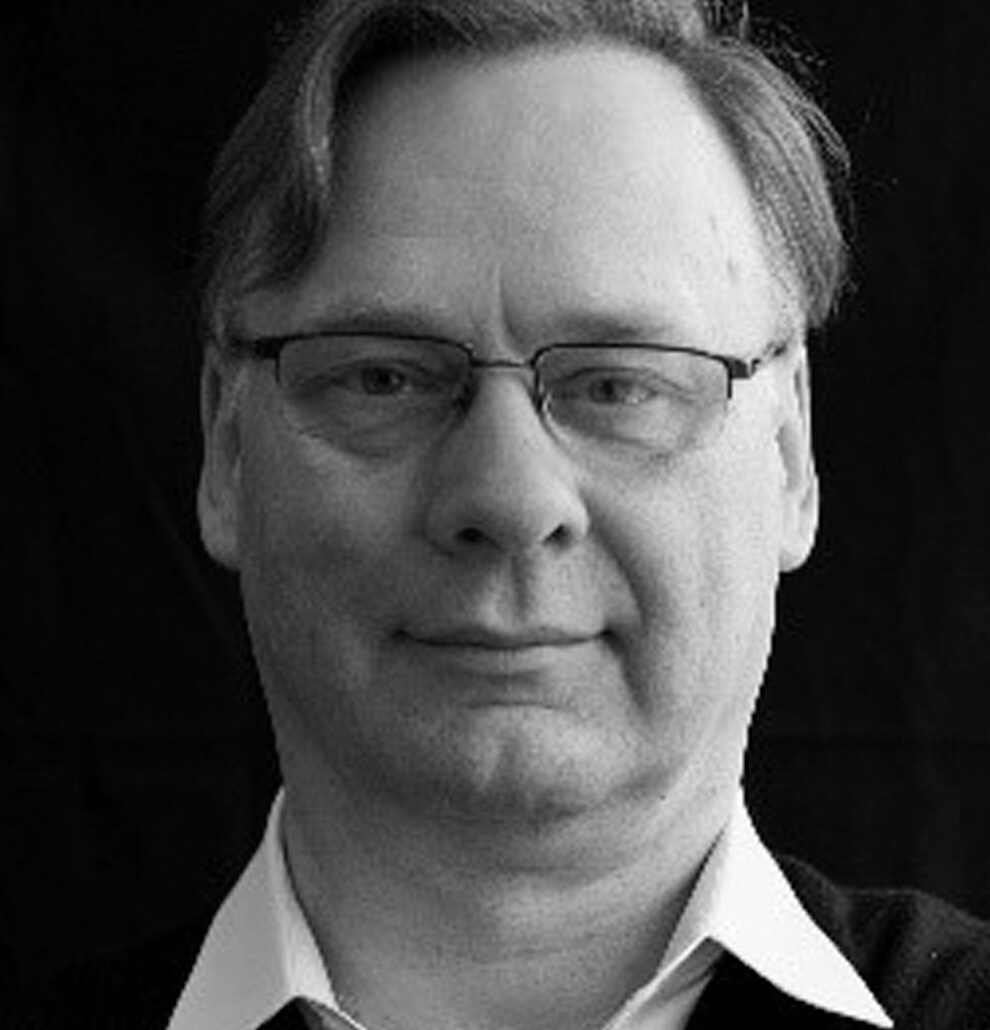
Martin Reeves is a senior partner and managing director in the San Francisco office of Boston Consulting Group and chair of the BCG Henderson Institute, BCG's think tank for exploring ideas from beyond business, which have implications for strategy, management, and leadership. Martin is a regular contributor to HBR, MIT SMR, and Fortune. He is the co-author of “The Imagination Machine”, “Your Strategy Needs a Strategy”, and editor of the “Inspiring the Next Game” book series
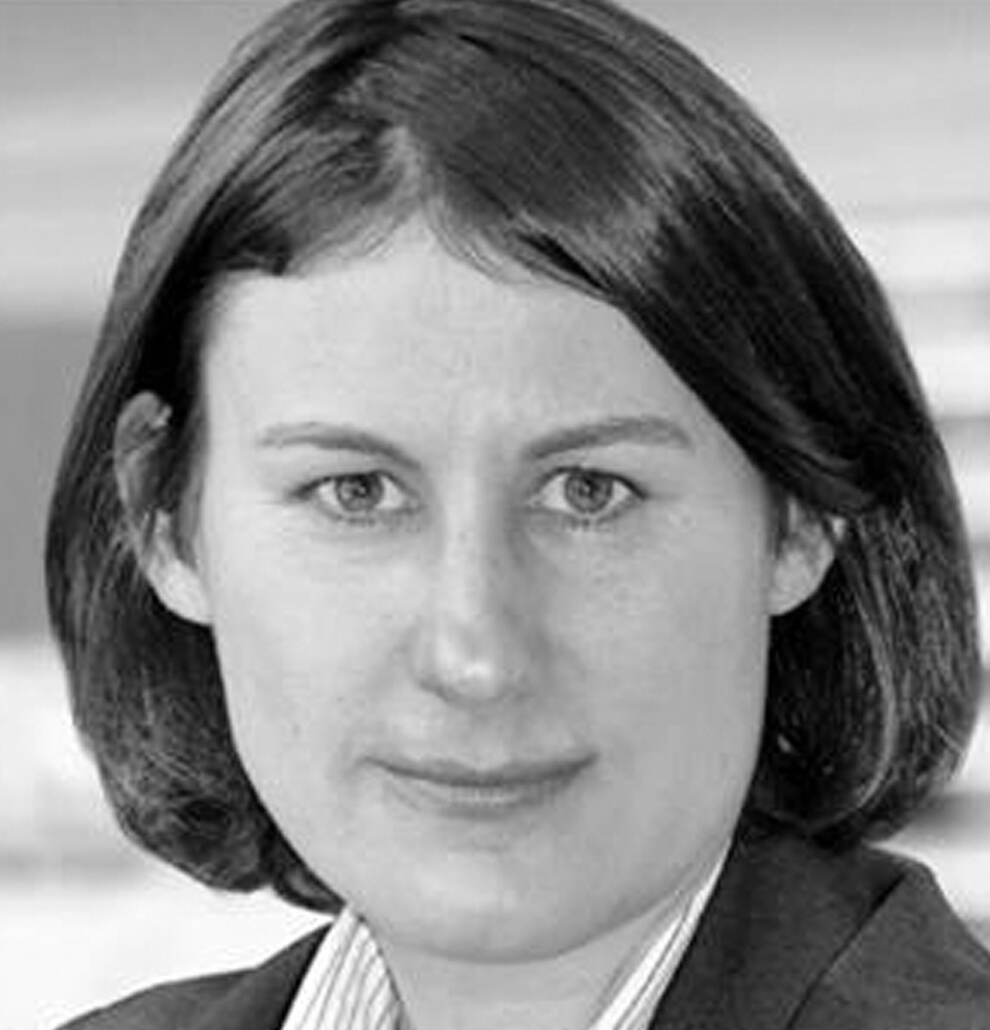
Claudia Reinprecht has served in the Austrian Foreign Ministry since March 2004. After diplomatic postings in Vienna, Brussels, Amman, Hong Kong & Macao and Paris (UNESCO), Ms. Reinprecht has served as head of department for transport, telecommunications and innovation diplomacy. She is also Austria’s focal point for the European Digital Diplomacy Network and Austria’s coordinator for the EU’s connectivity initiative “Global Gateway”.
Having studied in Salzburg/Austria and Salamanca/Spain, Ambassador Reinprecht acquired a masters and PhD degree in law. Prior to her entry into the Austrian diplomatic service, she had specialized in international public law, international criminal law and refugee law. In addition, she acquired a General Executive MBA post- graduate degree from the Austrian Business School LIMAK in Linz in 2013.
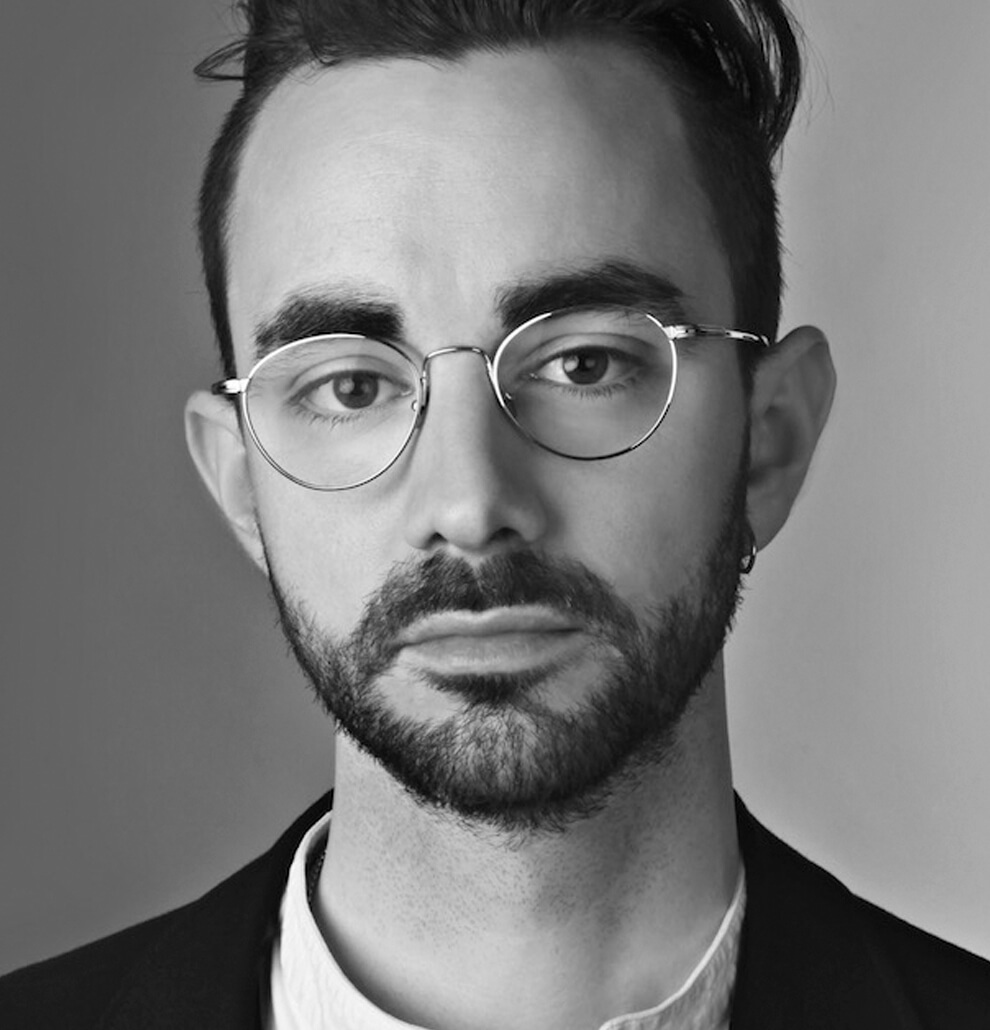
Tobias Revell leads innovative and critical design processes and outcomes in research and client work at Arup and drives and advocates for design across the organisation. He is approximately 47.6% of research and curatorial project Haunted Machines, a member of technological research outfit Supra Systems Studio and teaches at several design schools. In his practice, he lectures and exhibits internationally on design, technology, imagination and speculation. He is completing a PhD examining design’s role in the social construction of AI at Goldsmiths, University of London. Previously he held several leadership roles in design at University Arts London and was founding director of design research studio Strange Telemetry.
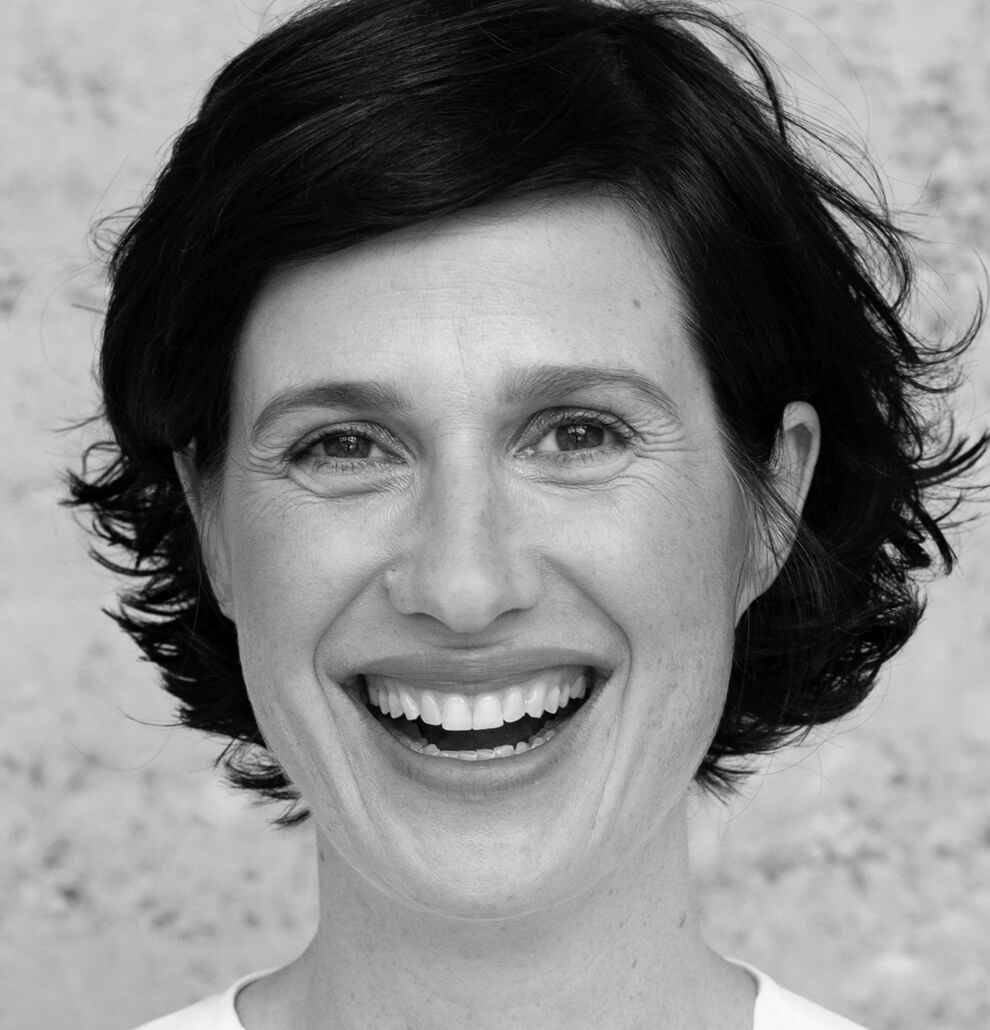
Marie Ringler is one of the most sought-after thought leaders and speakers in the Ashoka community. Her bold and creative thinking on Systems Change, Social Entrepreneurship, Philanthropy, rethinking Democracy and New Leadership has made her a frequent speaker international events and conferences including at Global Peter Drucker Forum, St. Gallen Symposium, Academie Europeenne de Philanthropie Strategique, ConSozial Nürnberg, REHA:NEXT, European Forum Alpbach, TEDxSalzburg, Zukunft Personal, numerous events of Ashoka’s corporate partners and Ashoka’s own global events.
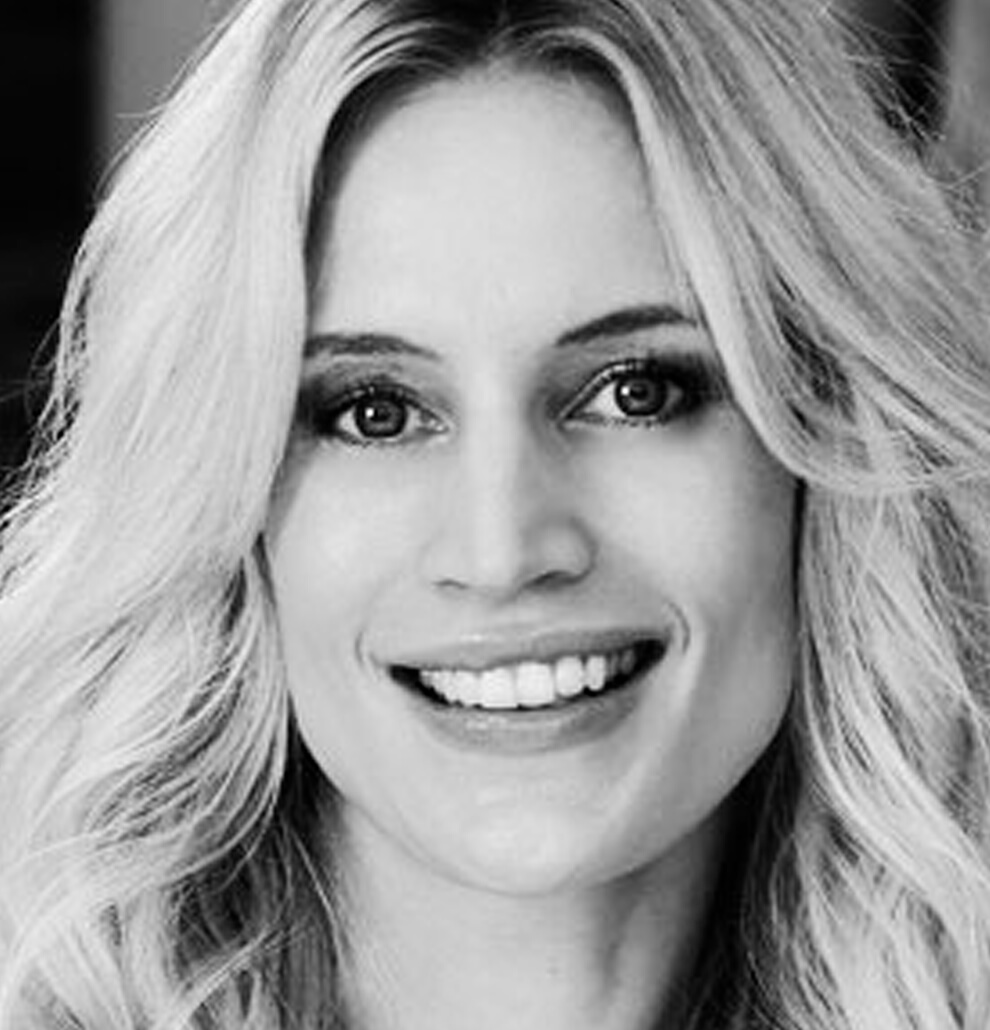
Susann leads the Asian Development Bank’s knowledge and innovation management program and the team that set up ADB’s innovation hub. The hub supports futures thinking and foresight, design thinking, decision making in complex contexts, institutional change management, and innovation- and knowledge ecosystem development in developing member countries. Susann regularly authors blogs, articles, and books, speaks in TV talk shows and at global events such as the Global Future Forum, the Global Knowledge Management World Conference and the Global Leaders’ Forum.
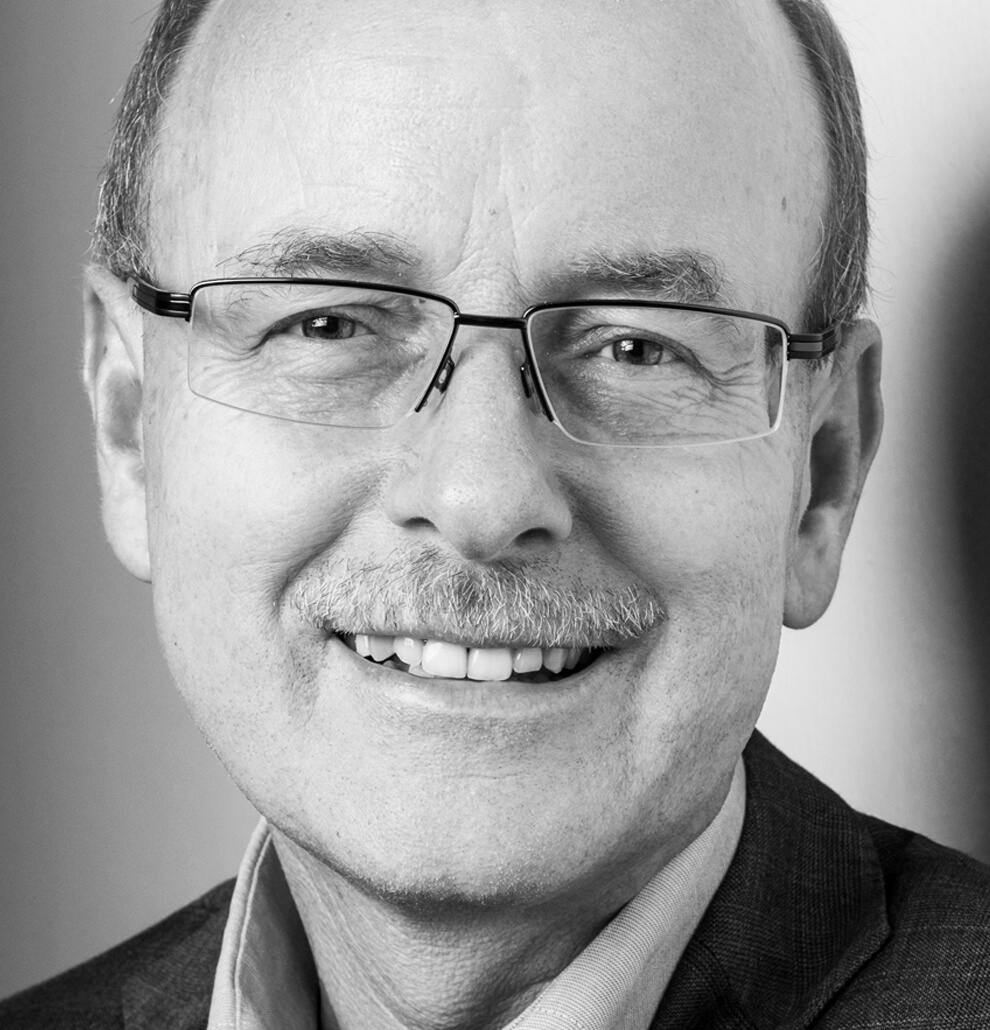
Prof. Dr. Karlheinz Schwuchow is Professor of International Management and Director of the Center for International Management Studies (CIMS) at Hochschule Bremen – University of Applied Sciences in Bremen, Germany. His current activities address leadership, corporate culture and diversity management as well as digitalization and global management issues in emerging markets. In 1990, Karlheinz Schwuchow established HR-TRENDS, which became the leading German yearbook on human resources management, being published in its 31th edition in 2022. He has written, edited and contributed to more than 150 books and articles, most recently “Hidden Champions HR: Personalmanagement der Weltmarktführer” and “HR-Strategie: Demografie als Chance”.
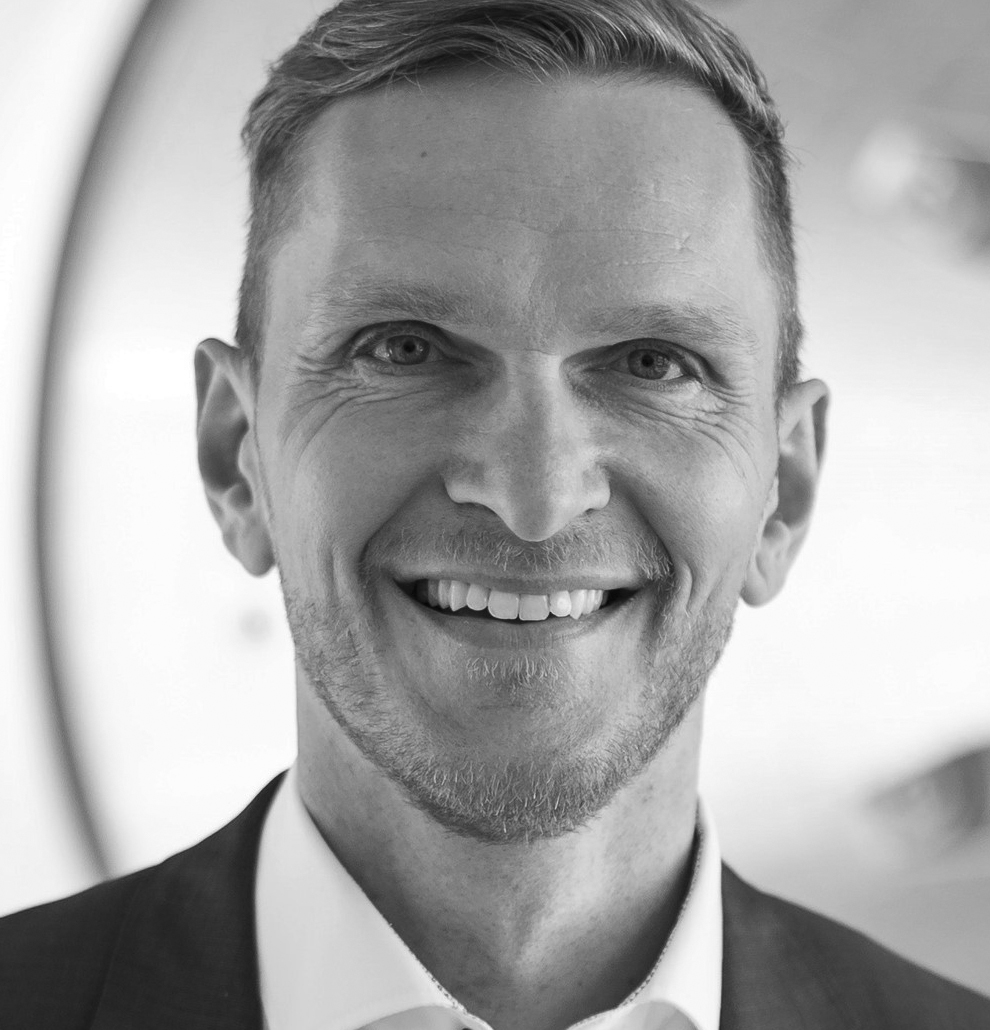
Guido Schwartz has since long engaged in strategic and future orientated activities. Working in a professional international environment has supported his interest to find relevant solutions for complex challenges. During the last 15 years he has worked in different roles in the mobility sector. Ever since he started his career in #AeroSpace he was working in strategy, technology transfer, innovation, R&T and business development. During the last years he supports the developments when it comes to green aviation and space. Currently he is responsible for strategy and business development at a tech center for green aerospace solutions. He supports and coaches start-ups in Europe and Africa and even co-launched some years ago the first ever African startup call on aerospace. He also worked in innovation-driven cross-industry collaborations and ran for several years an open-innovation format with relevant universities across Europe. He is a coach of the dutch AeroSpace Innovation HUB at the University of Delft and also since long supports the ESA business incubation center. Further he voluntarily supports the #NewSpace movement and STEM activities as part of the Foundation for Space Development Africa. Here Guido advocates for stronger cooperation between Africa and Europe. He holds a master degree in International relations from the U.K. and an M.B.A. from Germany.
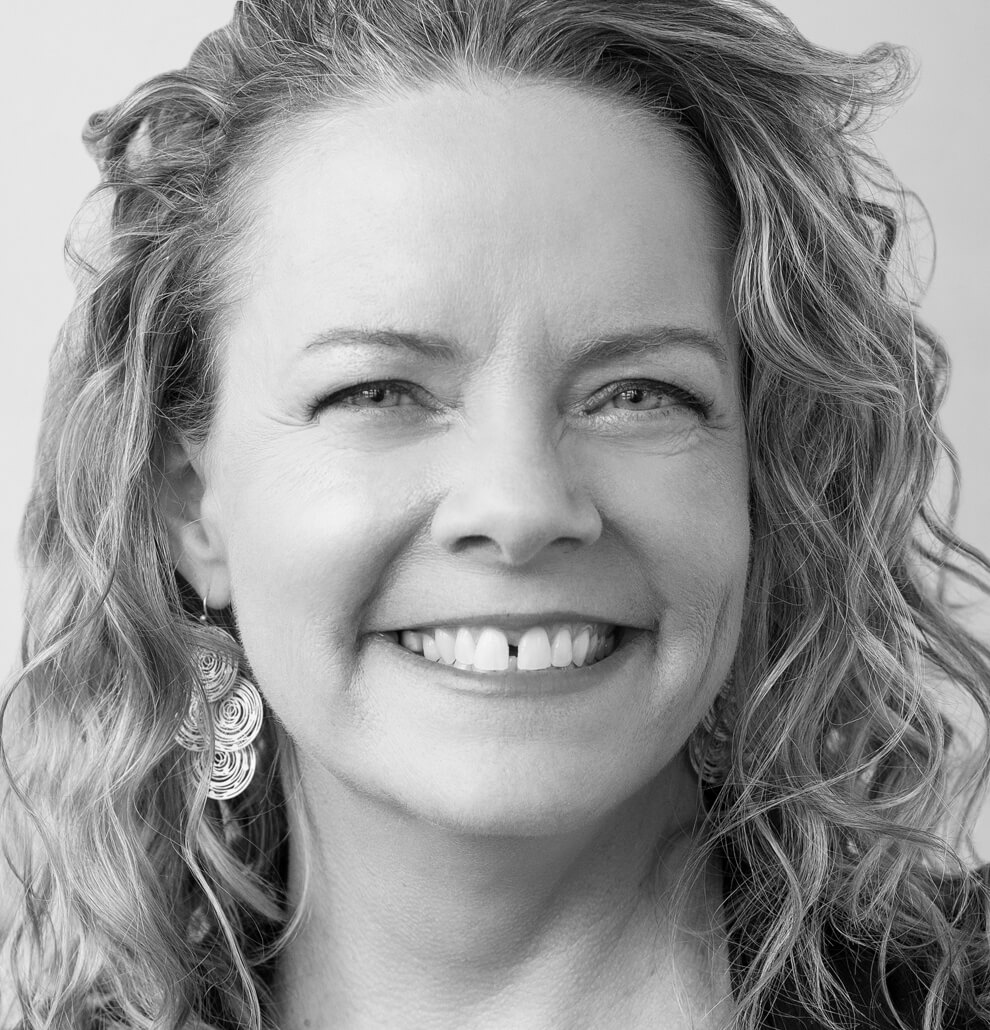
Dr. Cynthia Selin is a future-oriented scholar and consultant focused on sustainability and the governance of emerging technologies. By creating new methods, concepts and platforms for confronting uncertainties, her work—as a social scientist and scenario planner—stimulates improved strategic capacities and foresight. Dr. Selin is an Associate Professor in the School for the Future of Innovation in Society and the School of Sustainability at Arizona State University and an Associate Fellow at the Saïd Business School, University of Oxford.
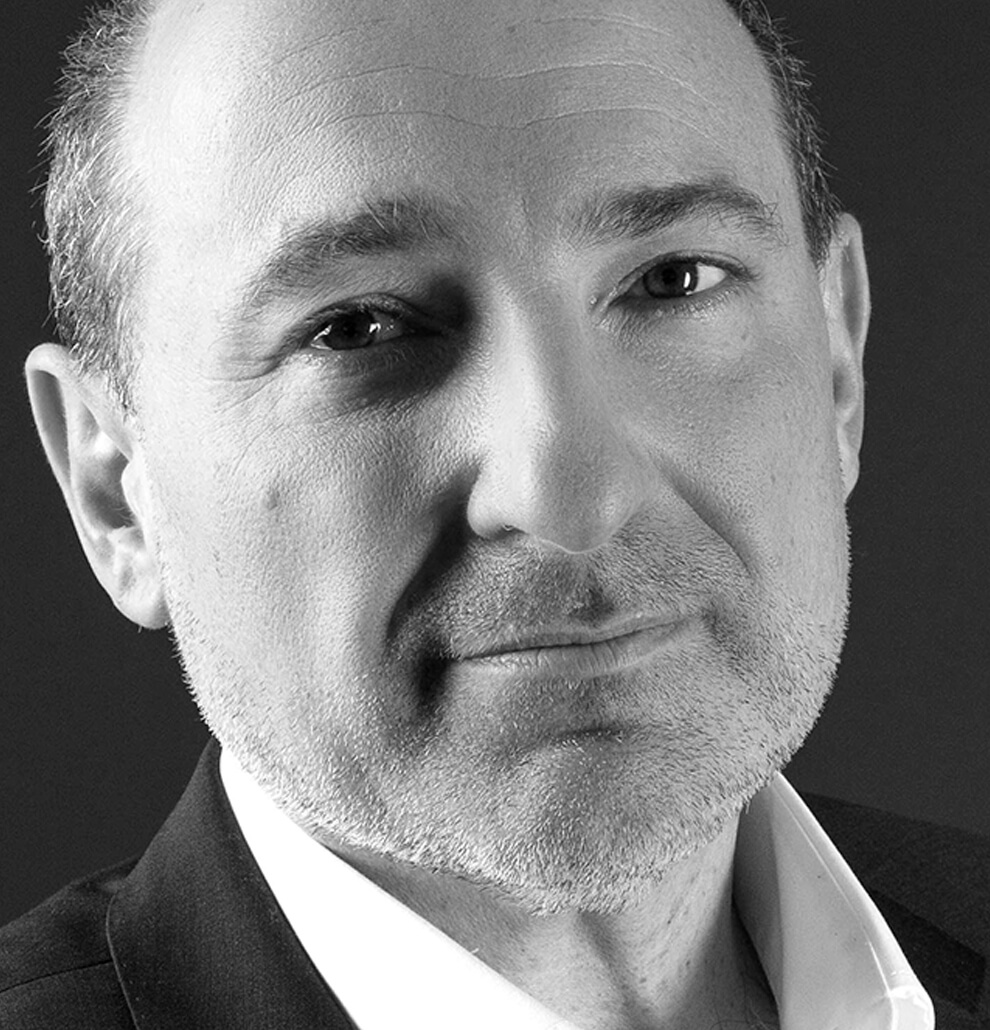
Michael Shamiyeh is working with organizations to create a new and meaningful future (rather than fixing the problems of the past). He combines the client’s unique business experience, analytical rigor, and the output of creative collisions (the clash of multiple perspectives to reframe habitual thinking) to transform insight into impact. Michael holds a UNESCO Chair for Anticipatory Techniques and Future Design is partner of the International Board Foundation (IBF) and was a Visiting Professor at the Department of Mechanical Engineering (CDR) at Stanford University, USA, from 2017-2020. Together with both institutions, he founded the Center for Future Design (CFD) in Linz. Since 2020, he has also been an Advisory Board Member of voestalpine.
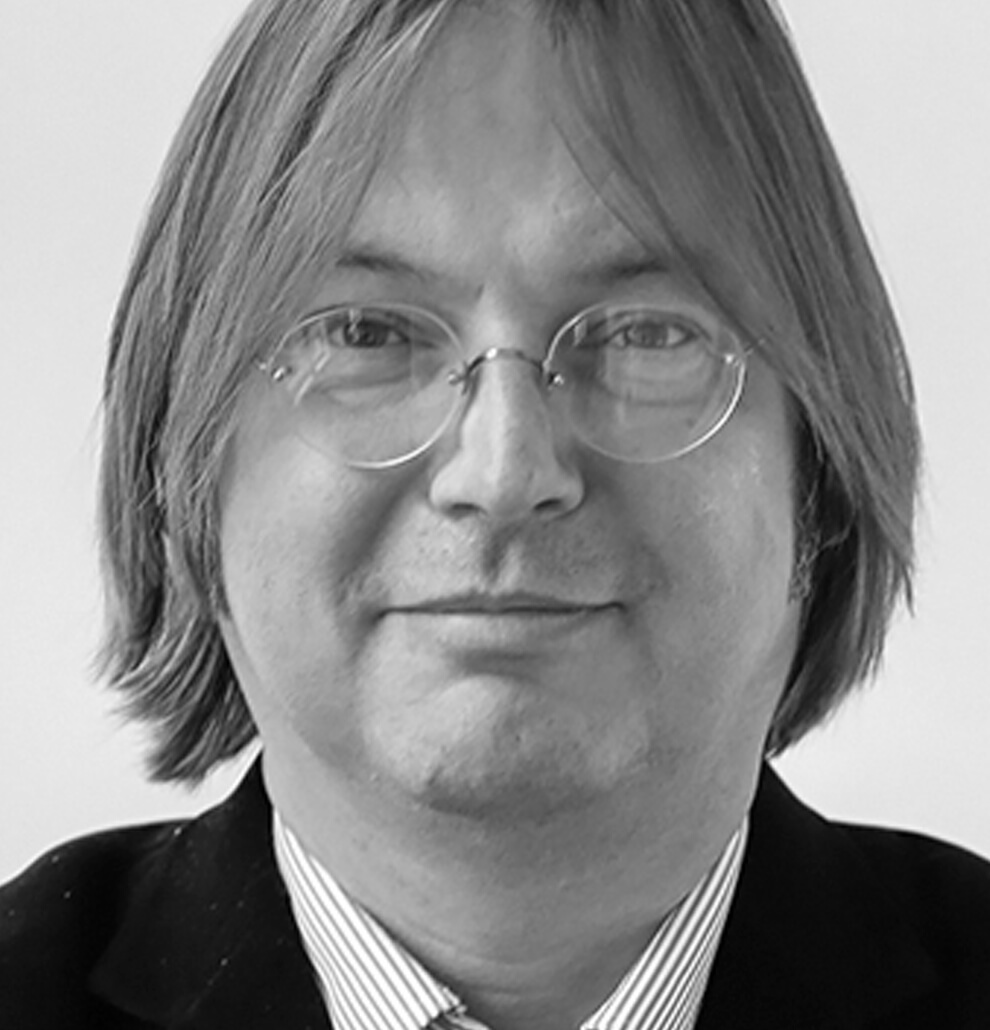
Stefan Thurner is full professor for Science of Complex Systems at the Medical University of Vienna, where he chairs the Section for Science of Complex Systems. He is external professor at the Santa Fe Institute and President of the Complexity Science Hub Vienna. Stefan’s work has been covered extensively by Austrian as well as international media such as the New York Times, BBC world, Nature, New Scientist, Physics World, and is featured in more than 500 newspaper, radio and television reports. In 2018, he was elected as Austrian Scientist of the Year 2017. In 2021, Stefan received the Paul Watzlawick Ring of Honor (together with Peter Klimek).
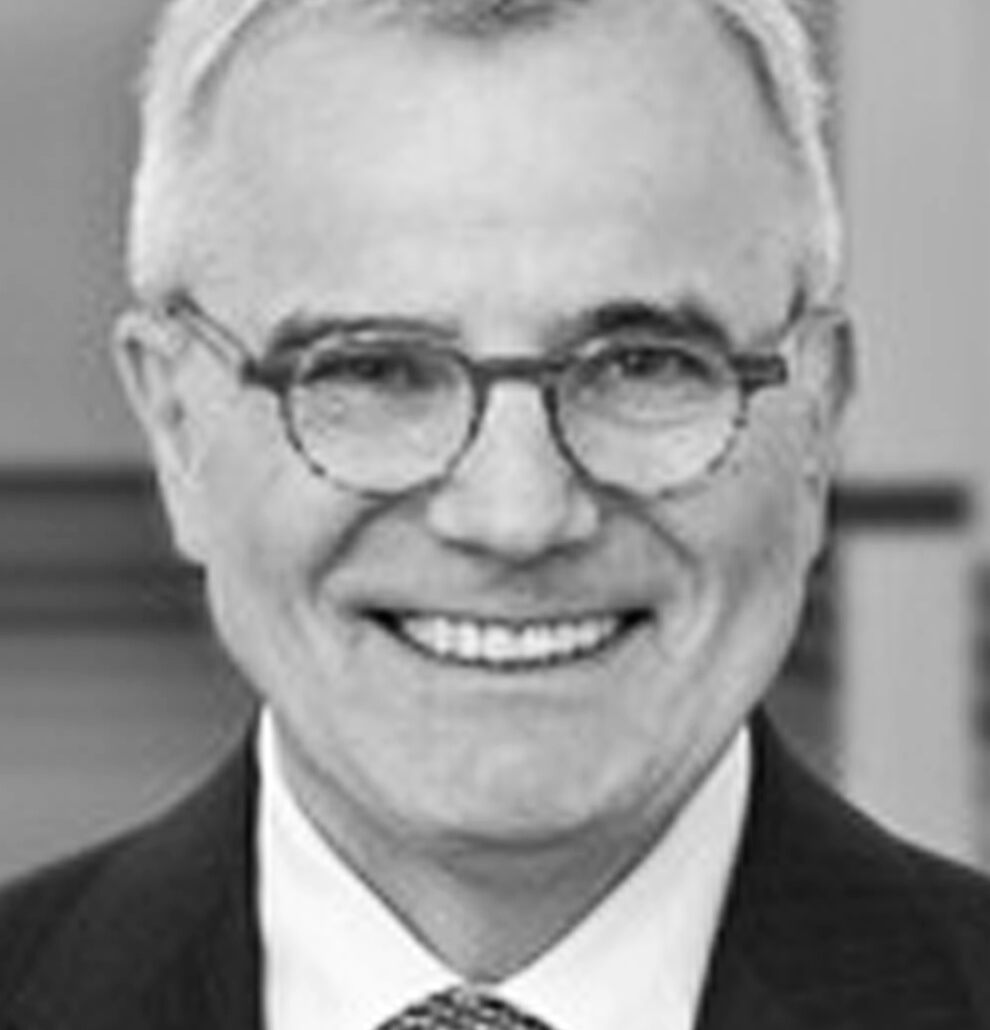
Bolko von Oetinger is a retired executive of the Boston Consulting Group and honorary professor for Strategic Management at the WHU in Koblenz/Vallendar (Germany). As vice chairman of the board of BMW Foundation Herbert Quandt and a board member of the Wittenberg Center for Global Ethics, he is an advocate for sustainability in management. He pursues his interests in innovation as member of the advisory board of the Center for Future Design in Linz. Bolko von Oetinger holds a doctorate in foreign affairs from the Free University of Berlin and a MBA from the Stanford Graduate School of Business.
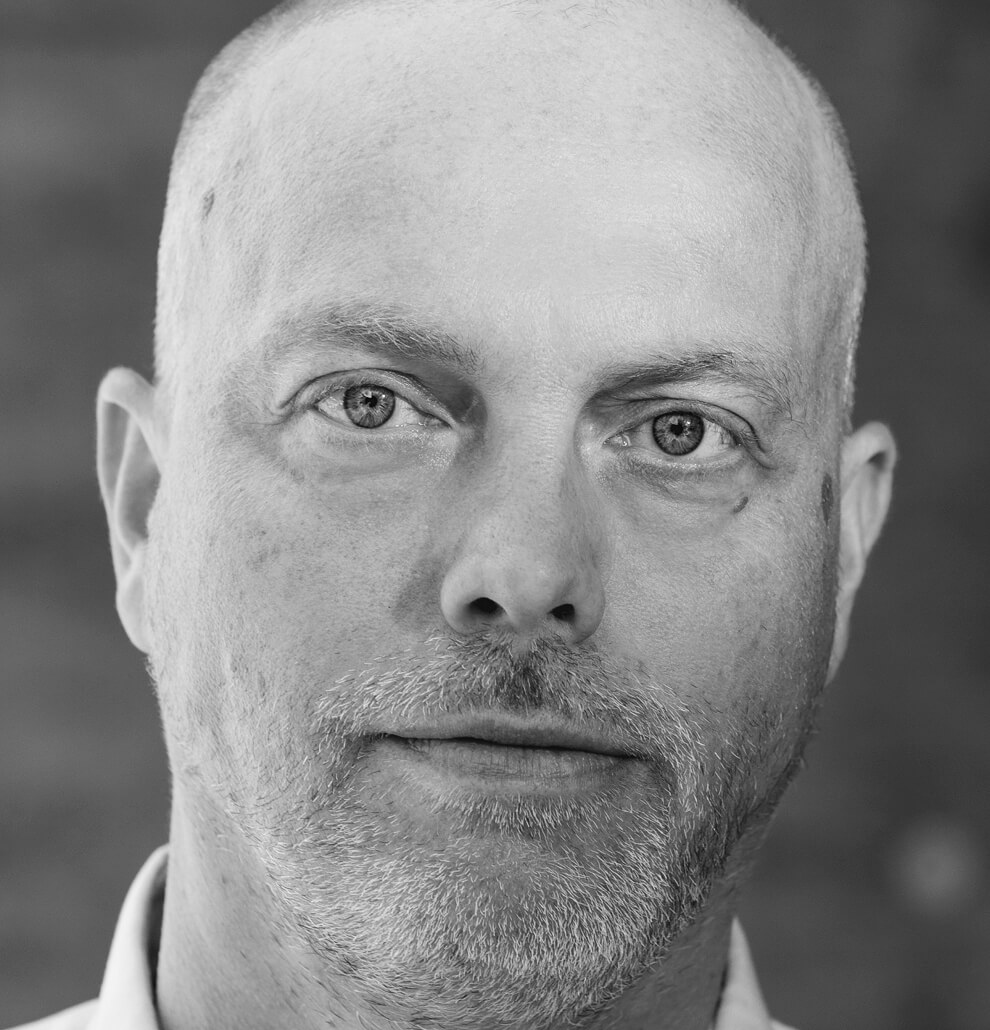
Stefan WALLY, Salzburg, Austria: CEO of the Robert-Jungk-Library for Future Studies. Before Head of Office of a member of the regional government of Salzburg; besides lecturer on Comparative Political Science and on European Politics and Economics at different Colleges. Publications in the field of Political Science and Scenario Studies. Academic background in Political Science and General Management. Born 19 10 1970, two children, aged 16 and 19.
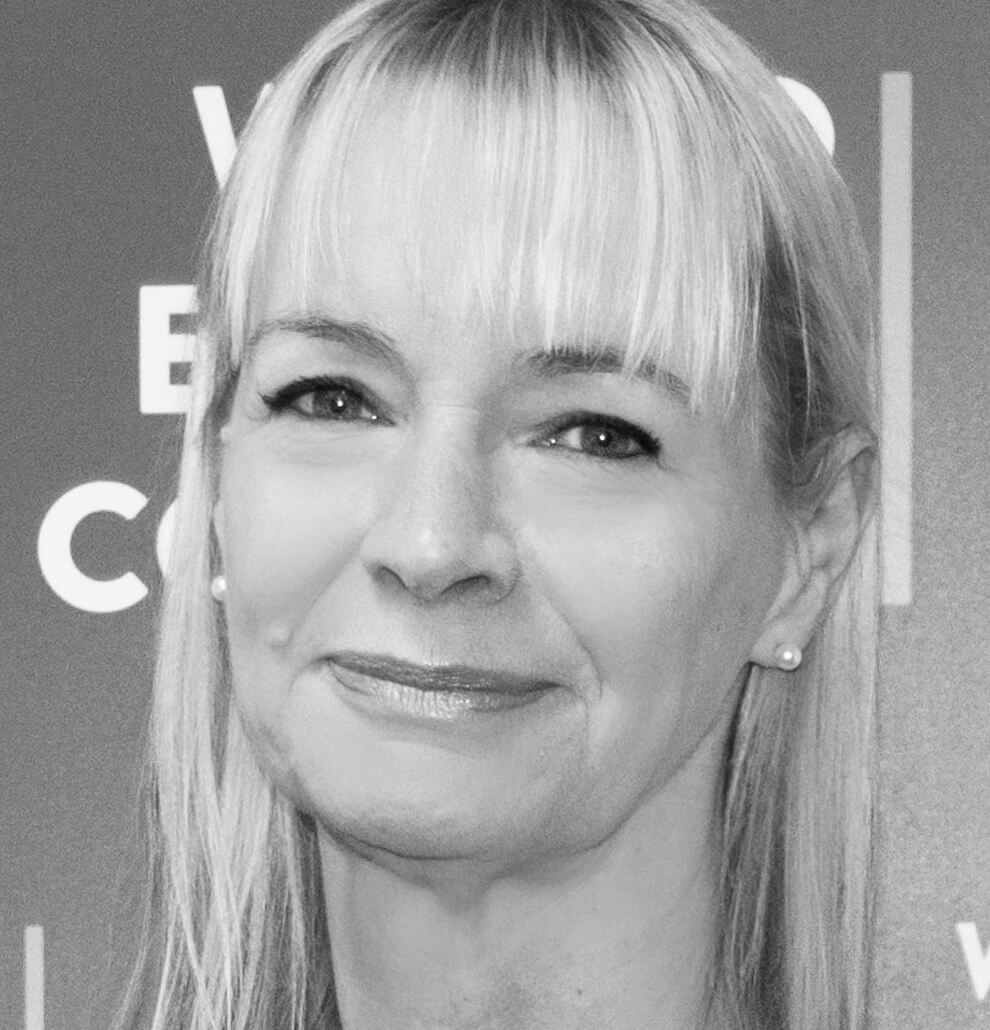
Angela Wilkinson is the 6th Secretary General and CEO of the World Energy Council, a diverse community network of over 3,000 member organisations that has been instrumental in promoting better energy developments in over 100 countries for nearly 100 years. Dr Wilkinson has led the Council since 2019 as it defines, enables and accelerates successful energy transitions through its unique network, practical insights and leadership dialogues. She has over 35 years of experience in leading national and international multi-stakeholder transformation initiatives on a wide range of global energy, climate and sustainable development related challenges. Previous roles include Board-level and senior executive responsibilities in the public-, private-, academic- and civic-sectors. She is also a published author.
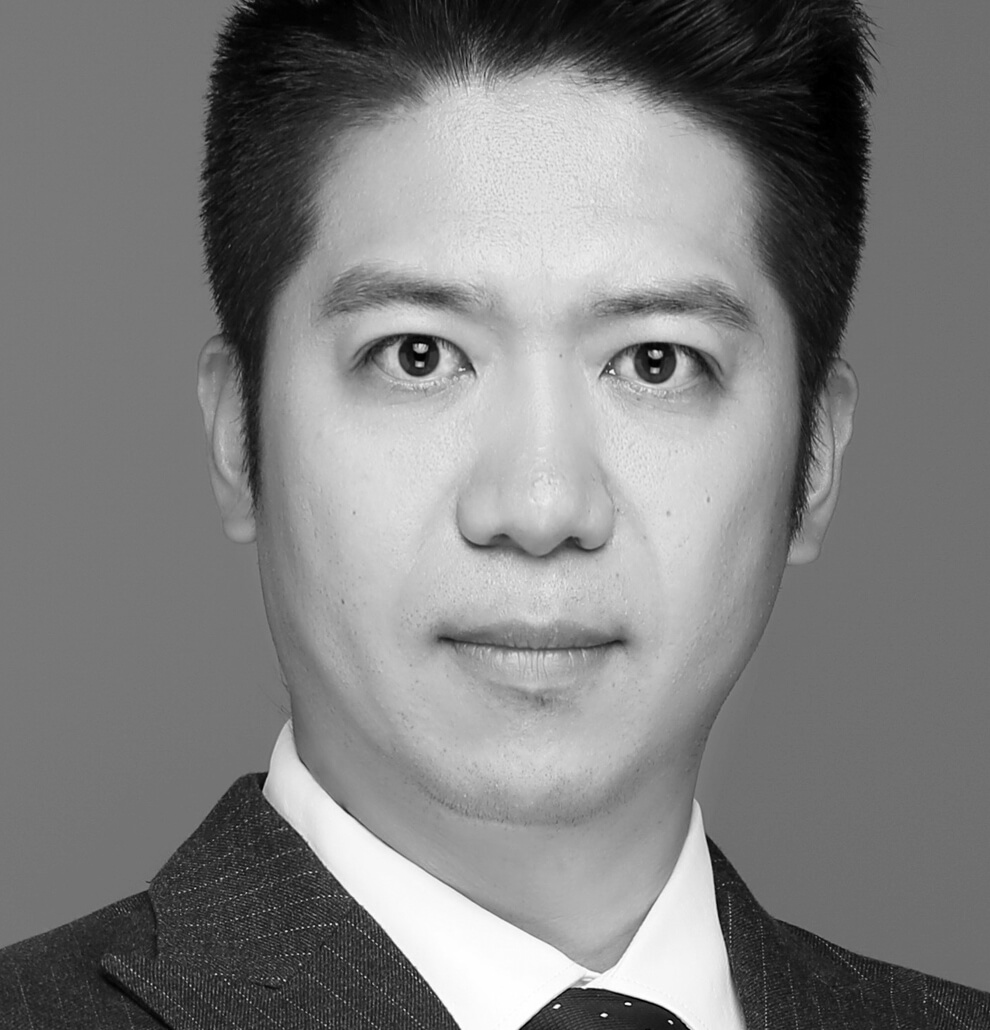
Wei Liu is an associate professor and the director of the UX master’s program at the Faculty of Psychology at Beijing Normal University, a Fulbright research scholar at the Center for Design Research (CDR) at the School of Engineering at Stanford University, an adjunct associate professor at the department of the Computer Graphics Technology (CGT) at the Purdue Polytechnic Institute at Purdue University, the director of the Center for Design Psychology Research (CDPR) at the Beijing Design Society.
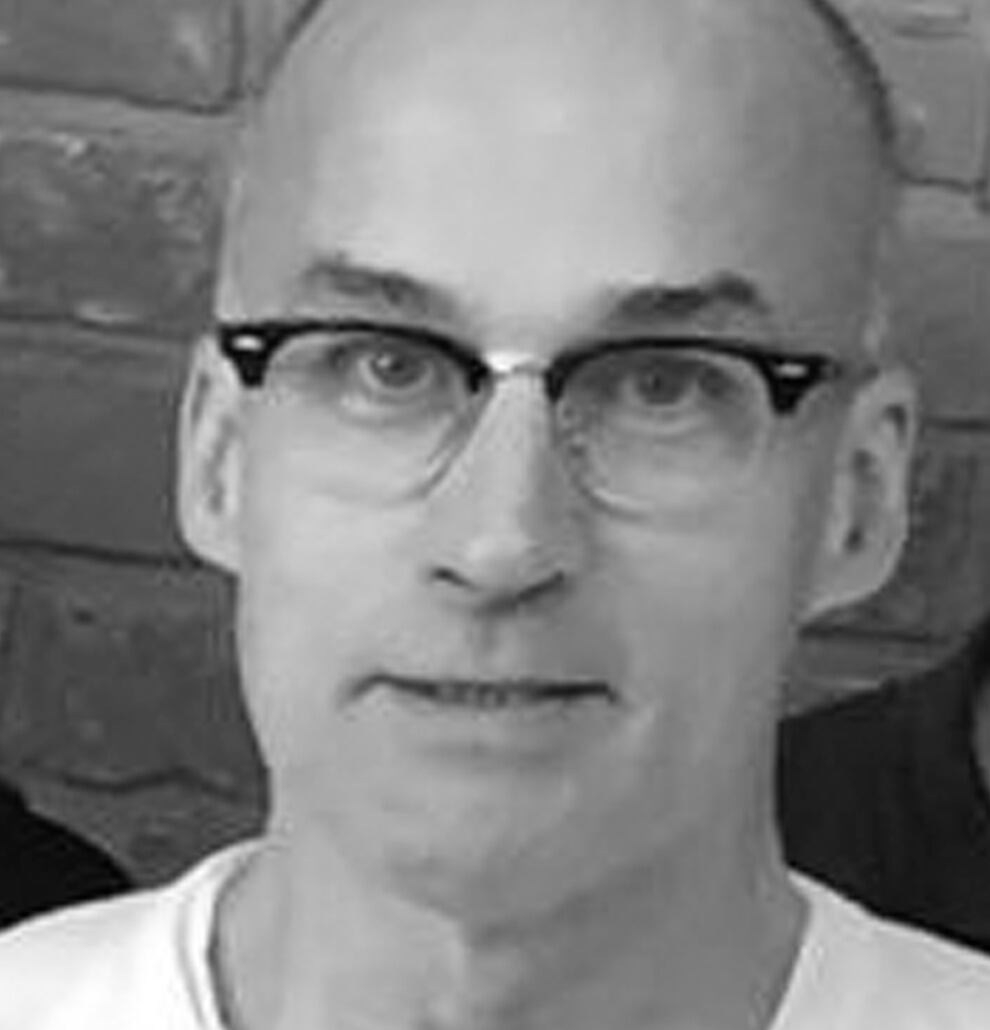
Dr. phil. Stefan Wolf has been working for VW since 2002. He was part of a team realizing a corporate University in Wolfsburg (AutoUni). 2007 he trained business management for young leaders of VW Germany. 2012 he switched to Light Commercial Vehicles (LCV) to lead corporate foresight. 2019 he was part of a transformation task force. Besides he teaches corporate foresight and future research at different universities of applied sciences, f. e. Braunschweig (2007 – 2015), Hannover (2015 – 2020), Bremen and Kempten. Before VW he worked in Switzerland for consultancy at Prognos AG and at the EXPO 2000 GmbH in Hannover (themeparc / communications). Dr. Wolf studied Philosophy and Social Sciences in Bamberg and Montpellier (Ph.D. in 1994).


